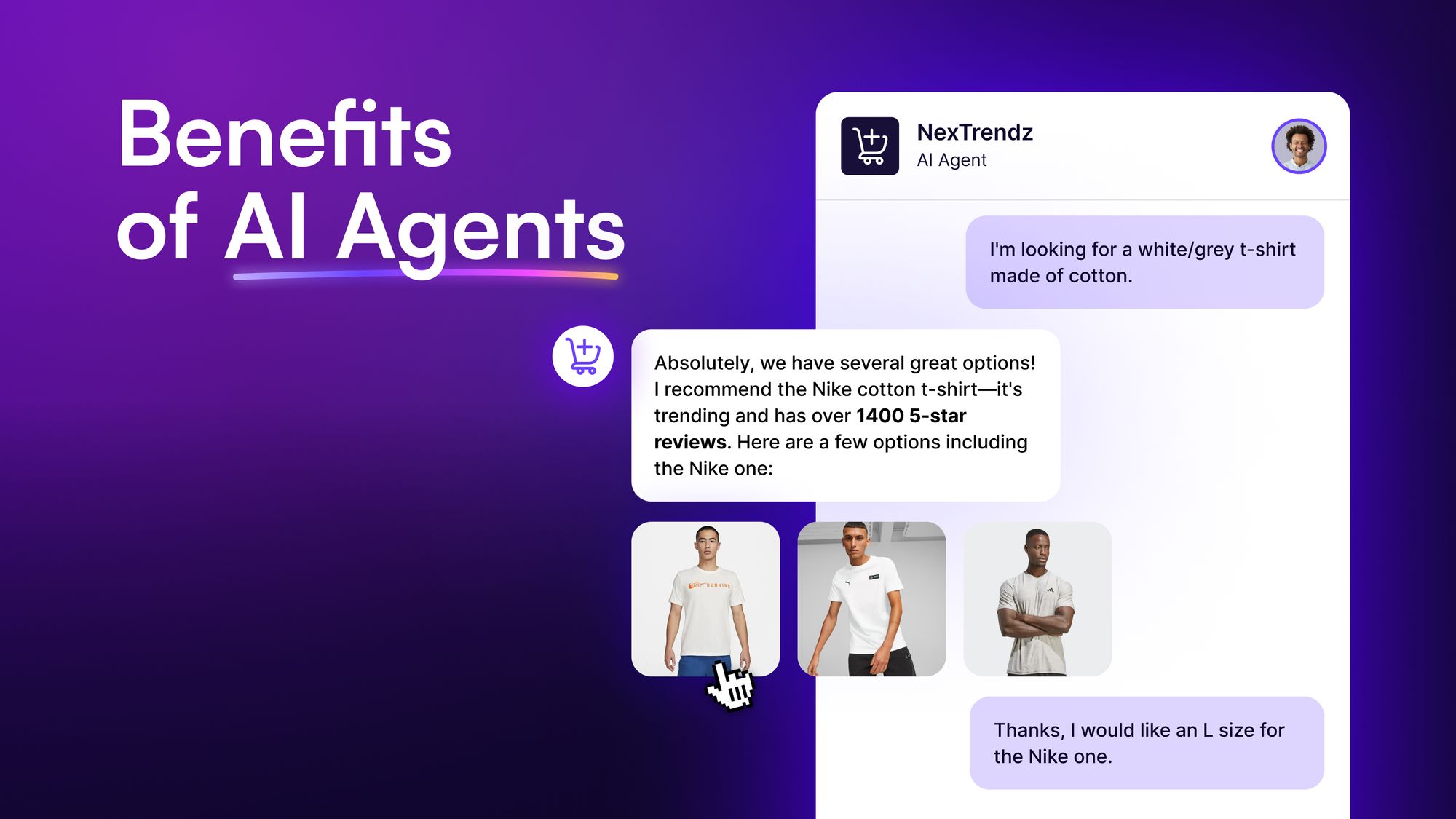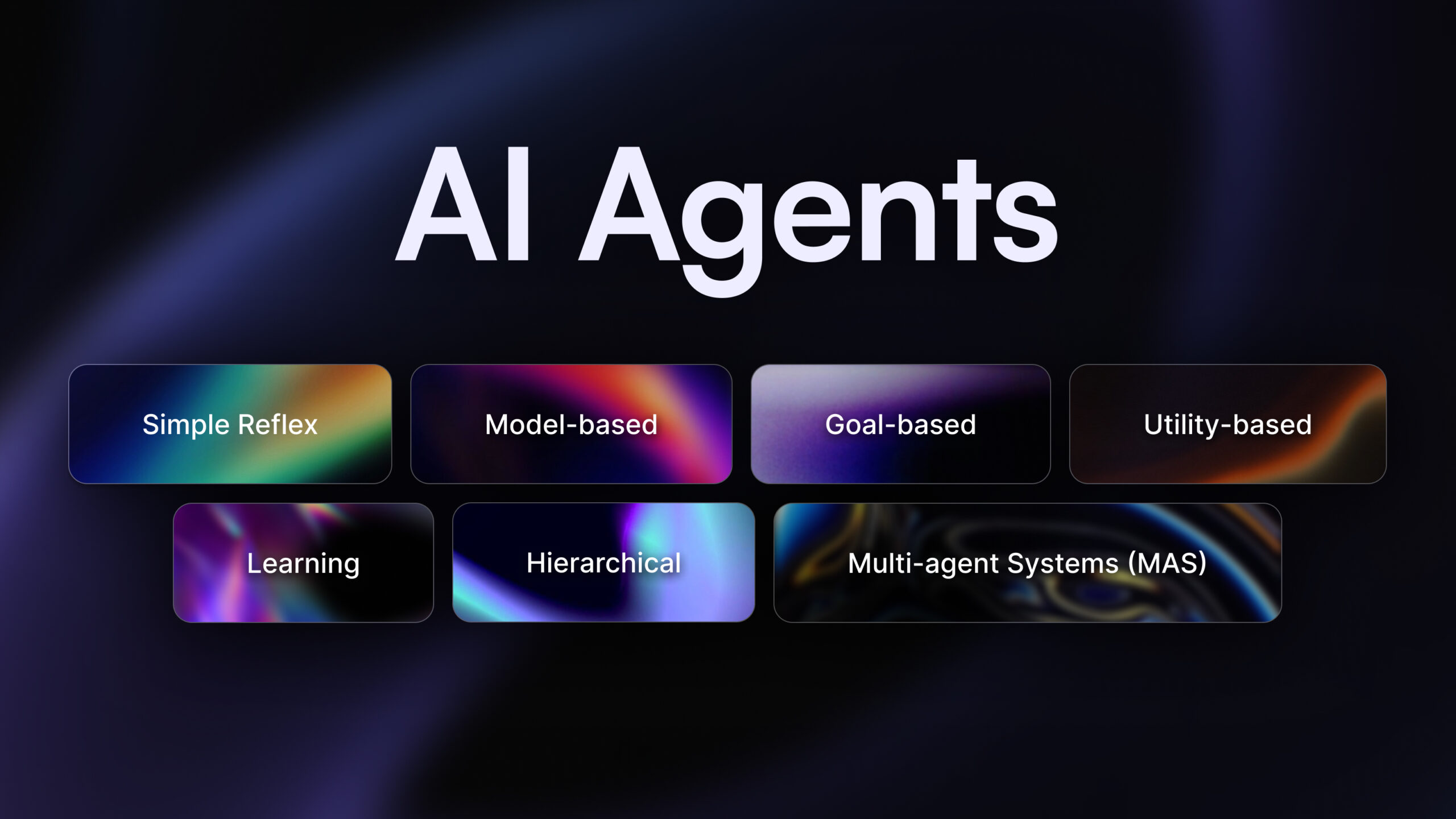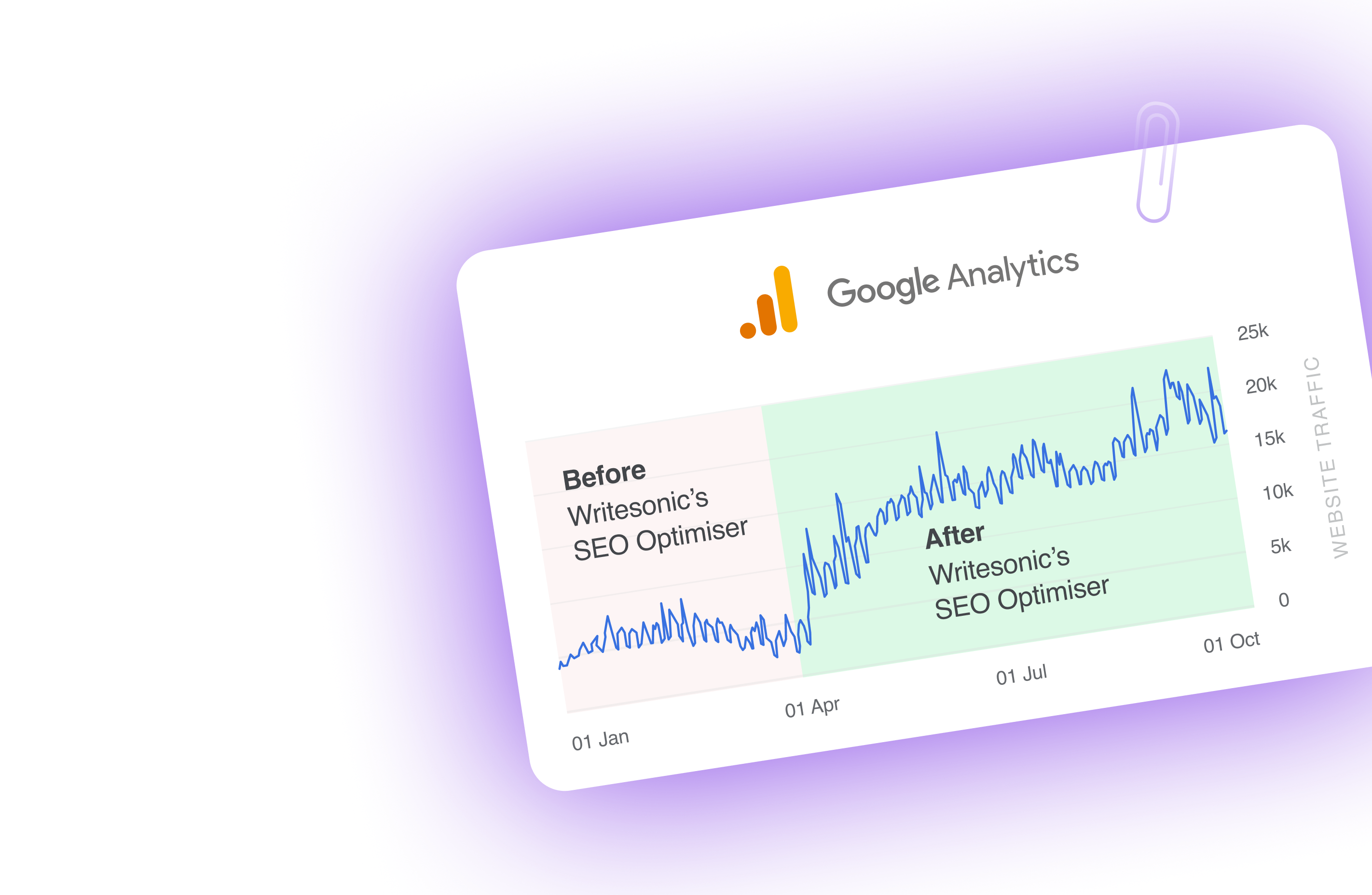AI agents are changing how businesses work. Google CEO Sundar Pichai calls 2025 the dawn of the “agentic era.”
Capgemini research shows that 82% of organizations will merge AI agents into their operations by 2026. These changes signal a major transformation in business operations.
Let’s get real for a moment. You’ve probably used basic AI tools, but AI agents? They’re a whole different ball game.
I’ve spent countless hours testing some of the best AI agents, watching them handle everything from creating marketing strategies to generating content. And trust me, it’s mind-blowing stuff.
Deloitte predicts that 25% of enterprises using Generative AI will deploy AI agents by 2025, and this number will double to 50% by 2027.
This blog post covers the latest AI agent trends that you need to know, their impact on your business operations, and how you can prepare your organization for this technological shift.
So, let’s get started!
What are AI Agents?
AI agents are advanced software programs designed to perform tasks autonomously. Unlike traditional AI systems, these agents can learn, adapt, and make decisions independently. They’re essentially digital assistants, capable of understanding complex instructions and executing multi-step processes without constant human oversight.
Key features of AI agents:
- Automation: They handle repetitive tasks efficiently.
- Learning: They improve over time by understanding your preferences.
- Decision-making: They can analyze data and make choices based on set criteria.
- Adaptability: They adjust to new situations and requirements.
- Interaction: They can communicate with users and other AI systems.
AI agents serve as digital assistants, helping with various tasks like scheduling, data analysis, and problem-solving. They’re not meant to replace humans but to enhance productivity by taking care of time-consuming tasks. Read more about benefits of AI agents.
These agents can be specialized for different industries or general-purpose, catering to personal or professional needs. As technology advances, AI agents are becoming more sophisticated, offering increasingly valuable support in our daily lives and work environments.
Top 10 AI Agent Trends for 2025
As per CMSWire, AI Agents Market Size was valued at USD 3.7 billion in 2023 and is expected to reach USD 103.6 billion by 2032, growing at a CAGR of 44.9% over the forecast period 2024-2032.
AI agents are getting smarter with each passing day. Here are the key AI agent trends for 2025 to watch for:
1. AI Agents in Specialized Industries
By 2025, AI agents won’t just be general-purpose assistants – they’ll be highly specialized experts in specific industries, revolutionizing how we work and solve complex problems like AI lawyer, AI radiologist, and more.
Let’s say in advertising, AI copywriters could craft personalized ad campaigns for millions of individual consumers, each tailored to personal preferences and browsing history.
The key here isn’t that these AI agents will replace humans in these industries. Instead, they’ll become invaluable partners, handling the data-heavy, repetitive tasks and providing insights that humans can use to make better decisions. It’s about augmenting human expertise with AI precision and speed.
As these specialized AI agents become more prevalent, you’ll likely see new jobs emerge – AI trainers, ethicists, and specialists who can bridge the gap between AI capabilities and industry-specific needs.
The rise of specialized AI agents isn’t just a trend; it’s a transformation that will redefine expertise and efficiency across industries. By 2025, having an AI specialist on your team might be as common as having a human one. The question isn’t whether your industry will be affected, but how you’ll adapt to work alongside these new digital experts.
Read more on AI agents use cases across various industries.
2. Widespread AI Agent Adoption
By 2025, AI agents will be everywhere. There will be a massive shift in how businesses operate. As per a report by Capgemini, 82% of organizations plan to integrate AI agents by 2026. This would be mostly for tasks like coding, data analysis, and email generation.
As per Gartner, by 2028, AI agents might be making 15% of your day-to-day work decisions. That’s right, your new coworker might just be a super-smart algorithm. And Deloitte forecasts that 25% of enterprises using GenAI will deploy AI Agents by 2025, increasing to 50% by 2027.
In short, AI agents are not about replacing humans; it’s about supercharging the workflow. The democratization of AI agents means that by 2026, whether you’re a CEO or a side hustler, you’ll likely have a digital brain trust at your fingertips, ready to amplify your skills and supercharge your productivity.
Learn more about how to scale your business using B2B AI agents.
3. Proactive Problem-Solving AI Agents
Forget about AI assistants that just sit around waiting for your orders. By 2025, you’ll work alongside AI agents that anticipate and address challenges before they become issues.
These advanced systems will continuously analyze data from various sources, including your business operations, market trends, and industry reports, to identify potential problems and opportunities.
For example, your AI agent might detect early signs of a supply chain disruption based on global shipping data and weather forecasts. It could then automatically initiate contingency plans, such as sourcing from alternative suppliers or adjusting production schedules.
In project management, these agents will predict bottlenecks and resource conflicts, suggesting optimized workflows and task redistributions to keep projects on track. They’ll also enhance risk management by simulating various scenarios and proposing mitigation strategies, allowing you to make informed decisions quickly.
This proactive approach will significantly reduce downtime, cut costs, and give you a competitive edge in rapidly changing markets.
4. Hyper-Personalization Powered by AI Agents
Get ready for AI agents that know you better than you know yourself. In 2025, these AI agents will be providing experiences so personalized, you’ll wonder if they can read your mind.
These advanced systems will analyze your digital footprint, including browsing history, purchase patterns, and even biometric data, to create tailored experiences across various domains.
For example, Chatsonic can analyze your website data, user behavior, and search trends in real time. It doesn’t just suggest keywords; it crafts entire content strategies personalized to your brand voice and target audience.
Chatsonic might recommend creating a series of blog posts on emerging topics in your industry, each optimized for different user intents and search engine algorithms. It could even adjust your content’s tone and complexity based on user engagement metrics, ensuring your message resonates perfectly with your audience.
This level of personalization extends to technical SEO as well, with Chatsonic providing tailored recommendations for site structure and meta tags that align with your specific business objectives and target markets.
5. Emotionally Intelligent AI Agents
By 2025, AI agents won’t just be smart – they’ll be emotionally savvy too. It’s like digital assistants that can pick up on your mood and adjust their tone accordingly.
Like Chatsonic can transform content creation by understanding and leveraging emotional intelligence. These advanced systems will analyze audience sentiment, engagement patterns, and cultural context to craft content that truly resonates.
For content creators, this means your AI writing assistant will go beyond keyword optimization. It’ll help you strike the right emotional tone for your target audience, whether you’re crafting a blog post, social media update, or email campaign.
Chatsonic might suggest adjusting language to be more empathetic during a global crisis or injecting humor when data shows your audience needs a mood lift. This emotional adjustment will extend to SEO strategies, helping you create meta descriptions and headlines that rank well and evoke the right emotions to boost click-through rates.
Explore the 8 best AI agents for content writing to automate your content creation process.
6. Multimodal AI Agents
By 2025, AI agents like Chatsonic will become true multimedia experts, transforming how you create and optimize content across various formats. These advanced systems won’t just handle text – they’ll seamlessly integrate text, images, audio, and video to create cohesive, engaging content experiences.
Here’s an example: Let’s say you’re using Chatsonic to craft a comprehensive content strategy. It might suggest creating a blog post on a trending topic, then automatically generate complementary social media snippets, each optimized for different platforms.
But it doesn’t stop there. Chatsonic could also recommend relevant images or even create custom graphics that align with your brand aesthetic and boost engagement. For video content, it might analyze trending formats and viewer preferences to suggest optimal video lengths, topics, and even script outlines.
All of this would be done with SEO in mind, ensuring your multimodal content ranks well across search engines and social platforms. This integration of multiple media types will allow you to create richer, more engaging content that captures audience attention across various channels, all while maintaining a consistent brand voice and optimizing for search visibility.
7. Advanced Multi-Agent Systems
By 2025, AI systems will evolve into collaborative networks, mimicking effective human teams. These advanced multi-agent systems will consist of specialized AI agents working in coordination to tackle complex problems.
In a business context, you might have one AI agent analyzing market trends, another optimizing product development cycles, and a third managing customer relationships – all coordinating seamlessly. This isn’t just task division; it’s about creating synergies that unlock new problem-solving capabilities.
The real power lies in their ability to handle multifaceted challenges that would overwhelm a single AI or human. Moreover, these systems aren’t limited to big corporations. Small businesses and individuals could benefit from AI teams that manage various aspects of complex projects, from event planning to personal finance management.
The goal isn’t to replace human decision-making but to augment it, providing insights and capabilities that enhance our problem-solving abilities.
8. AI Agent Building Frameworks
By 2025, creating AI agents for content and SEO will be as simple as building a website. Imagine drag-and-drop interfaces where you can create custom AI assistants tailored to your specific content needs.
Let’s say you need an AI agent that generates SEO-optimized blog posts, tracks keyword rankings, and suggests content improvements. You’ll be able to build it without coding. These frameworks will allow content creators and marketers to quickly adapt to algorithm changes and emerging SEO trends.
Gartner predicts that by 2025 70% of the new applications developed by enterprises will use no-code or low-code technologies. This will enable small businesses and individual content creators to leverage AI capabilities previously reserved for large corporations with dedicated tech teams.
9. AI Agents with Predictive Capabilities
Future AI agents will not just react to your commands but anticipate your needs based on patterns and historical data. These predictive capabilities will transform how we interact with technology.
In a business context, an AI agent might predict potential bottlenecks in a project before they occur, suggesting preemptive solutions. For personal use, your AI could predict when you’re likely to run out of groceries and automatically place an order or suggest booking a vacation based on your work schedule and past travel preferences.
This shift from reactive to proactive assistance will make AI agents feel less like tools and more like intuitive partners in their daily lives and work.
10. Autonomous Decision-Making AI Agents
By 2025, AI agents will evolve beyond simple task execution to make complex decisions autonomously. These agents will analyze vast amounts of data, consider multiple variables, and make informed choices in real time.
In business settings, you might see AI agents managing investment portfolios, adjusting strategies based on market fluctuations and economic indicators. For individuals, these agents could optimize your daily schedule, making decisions about task prioritization and time management based on your goals and habits.
The key advancement here is the ability to handle ambiguity and make decisions in uncertain conditions, much like humans do. This will free up your time for more creative and strategic thinking, while AI handles the day-to-day decision-making processes.
Try Chatsonic: The #1 AI Agent for Content, SEO, and Growth
The future of AI agents is nothing short of exhilarating. From autonomous decision-makers to emotionally intelligent assistants, these best AI agents are set to transform the way you work, create, and interact with technology.
And guess what? Chatsonic isn’t just observing this AI revolution but constantly pushing the boundaries of what’s possible. Be it crafting a top-notch blog post, creating a marketing strategy, or doing a quick SEO analysis, the possibilities are endless.
Remember, AI agents aren’t here to replace humans but to supercharge their productivity. It’s about freeing up your time and mental energy to focus on what truly matters – creativity, strategy, and that uniquely human touch that no AI can replicate.
Ready to embrace the future?
FAQs
1. What exactly are AI agents?
AI agents are smart software programs that can think, learn, and act independently. They’re designed to understand your needs, make decisions, and complete tasks without constant supervision. Think of them as your digital sidekicks, ready to tackle everything from simple chores to complex problem-solving.
2. How will AI agents impact content creation and SEO?
By 2025, AI agents like Chatsonic will revolutionize content creation and SEO. They’ll analyze vast amounts of data to generate highly relevant, engaging content tailored to your audience. These agents will also keep up with ever-changing SEO algorithms, ensuring your content stays ahead of the curve.
3. Will AI agents replace human workers?
Not at all! AI agents are designed to augment human capabilities, not replace them. They’ll handle time-consuming tasks, freeing you up to focus on creativity, strategy, and the human touch that no AI can replicate. It’s about working smarter, not about losing jobs.
4. How will AI agents become more emotionally intelligent?
Future AI agents will be able to recognize and respond to subtle emotional cues in text, voice, and even facial expressions. This means they’ll adjust their communication style based on your mood, making interactions feel more natural and empathetic.
5. What’s the deal with multimodal AI agents?
Multimodal AI agents can seamlessly work with different types of data – text, images, audio, and video. For content creators, this means an AI that can write a blog post, suggest relevant images, and even create a video summary all in one go. Pretty cool, right?
6. What about privacy and security with AI agents?
Great question! As AI agents become more prevalent, there’s a growing focus on ethical AI and transparent decision-making. Future AI agents will be designed with strong privacy protections and will be able to explain their decision-making processes in plain language.
7. How can businesses prepare for the rise of AI agents?
Start by identifying areas where AI agents could streamline your operations or enhance your services. Look into no-code AI platforms to experiment with creating your own agents. Most importantly, stay curious and open to the possibilities AI can bring to your business.
8. How will Chatsonic evolve with these AI agent trends?
At Chatsonic, we’re always pushing the boundaries of what AI can do. We’re excited to incorporate these trends into our platform, enhancing our ability to assist with content creation, SEO optimization, and much more. Stay tuned for some mind-blowing updates!

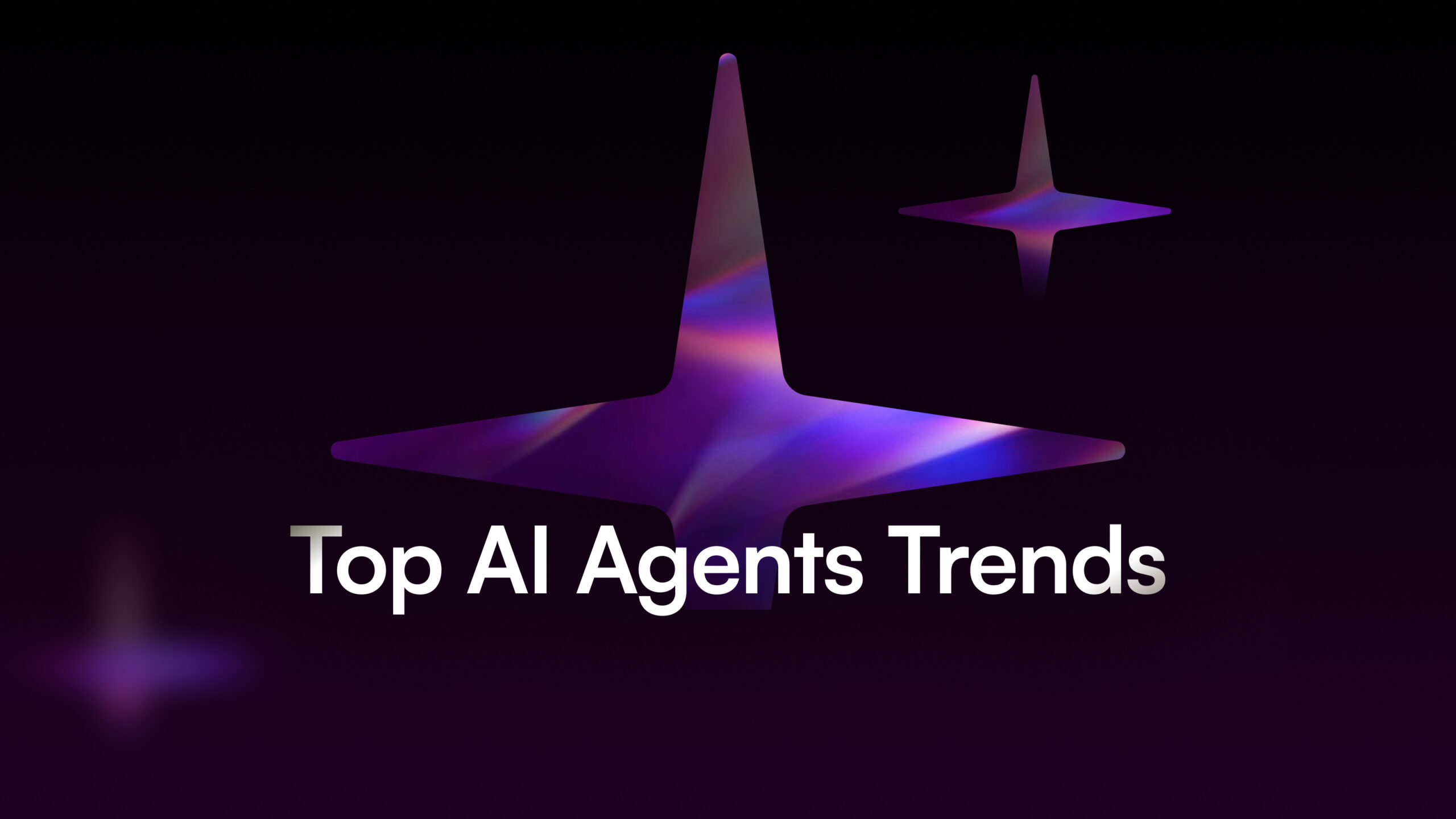
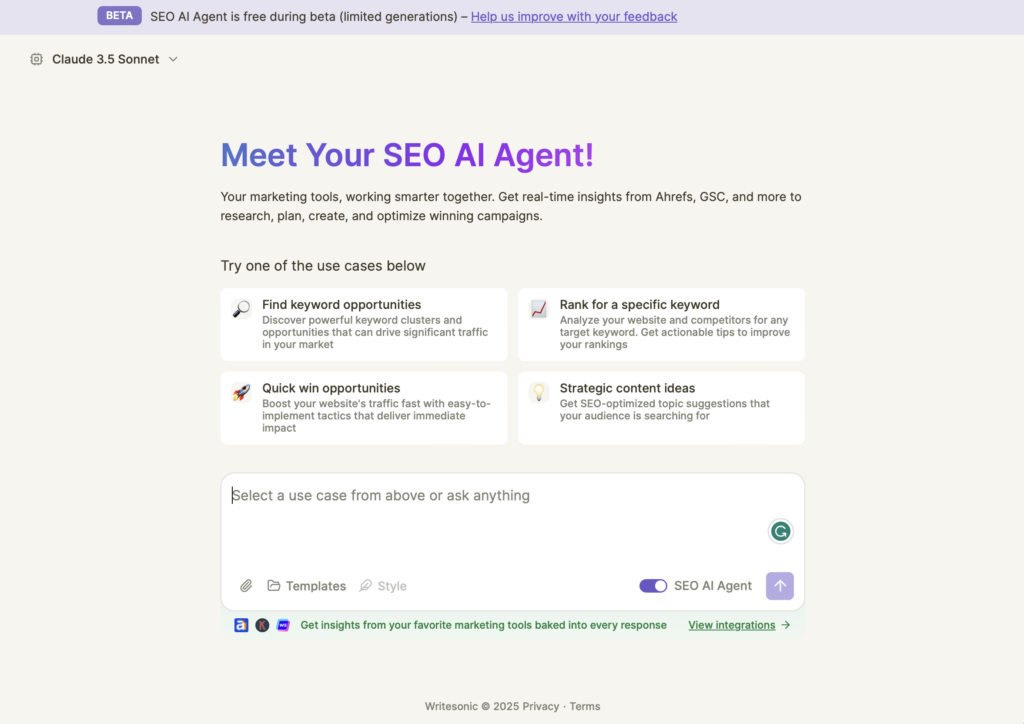

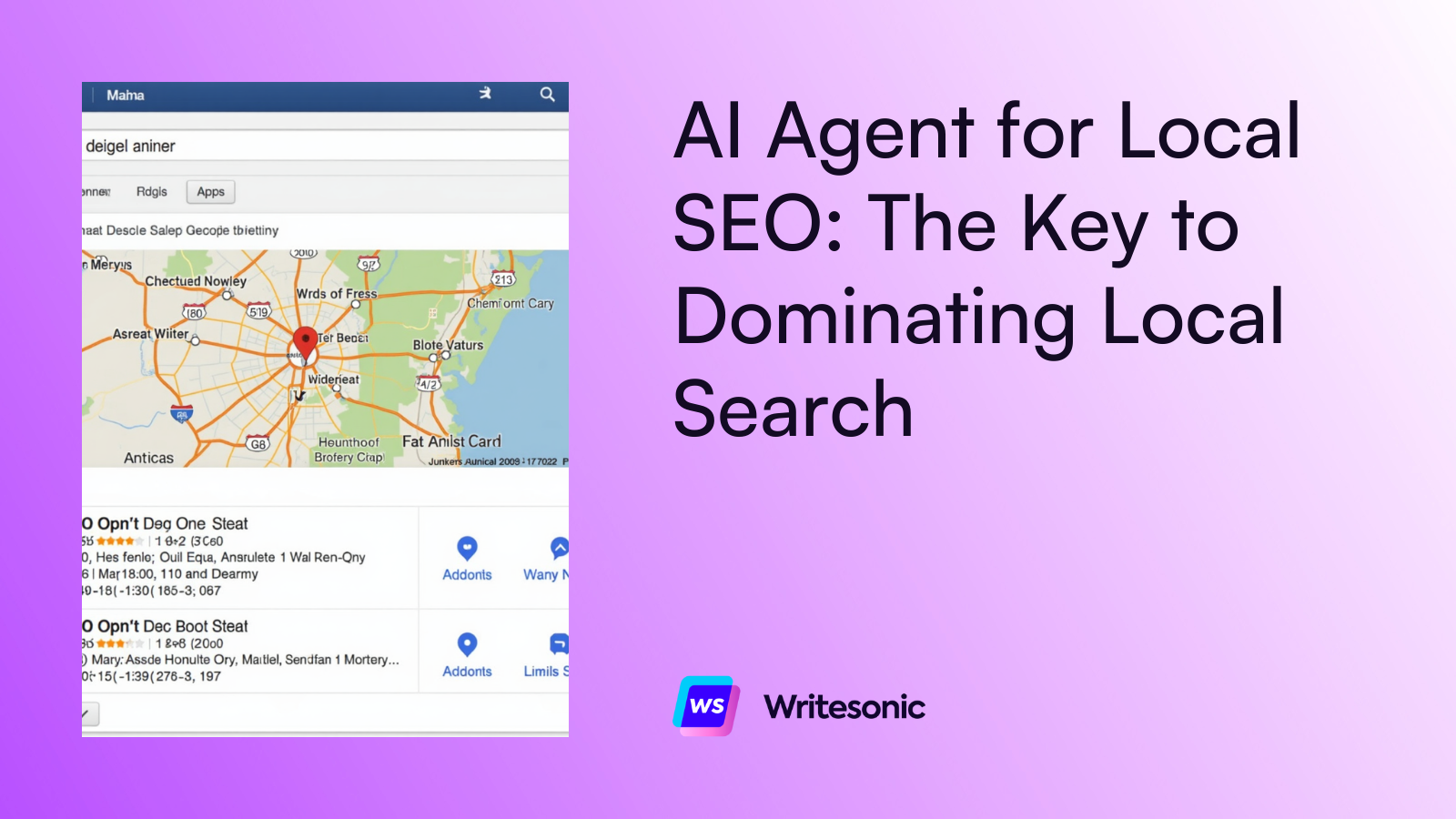


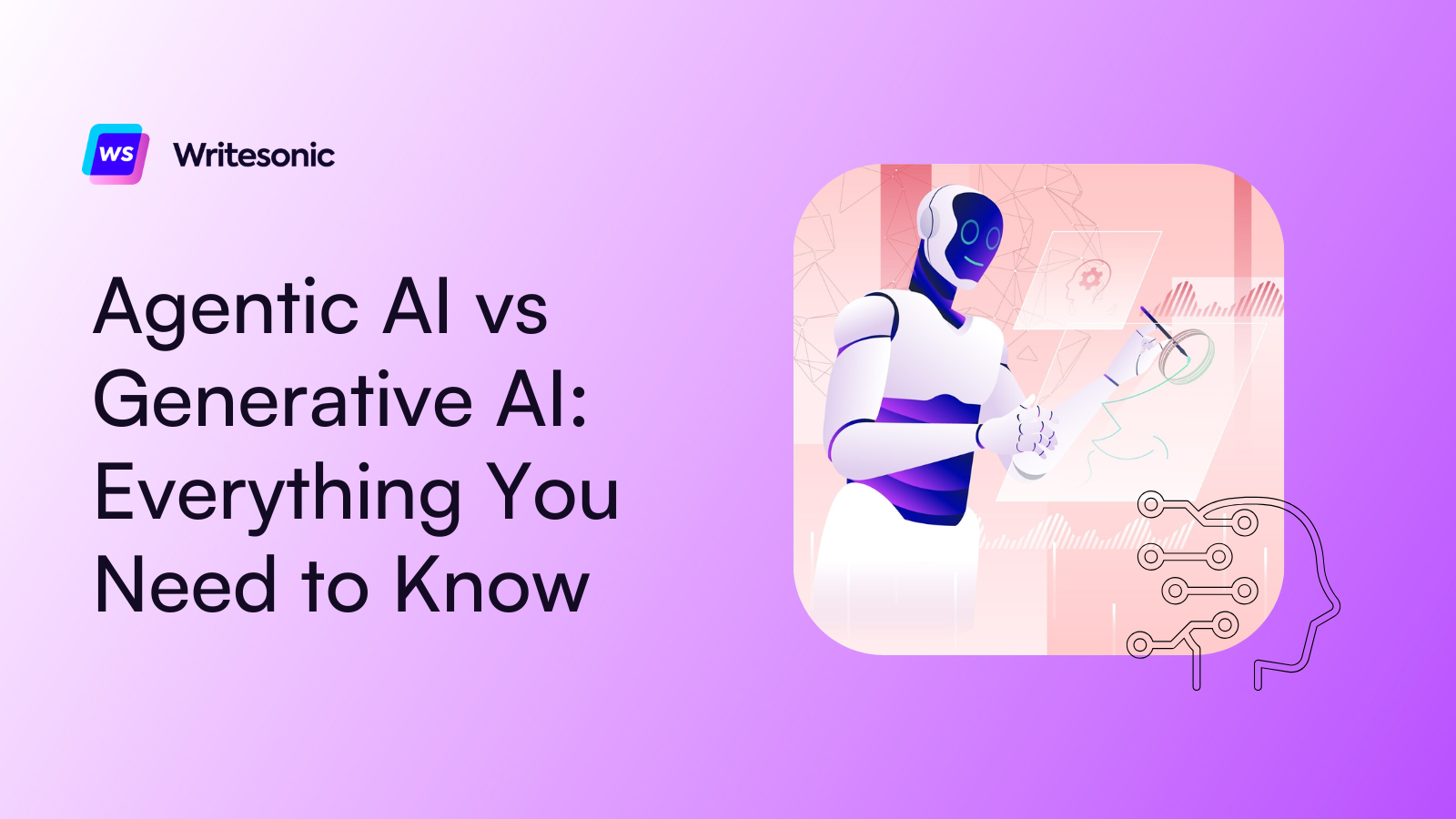

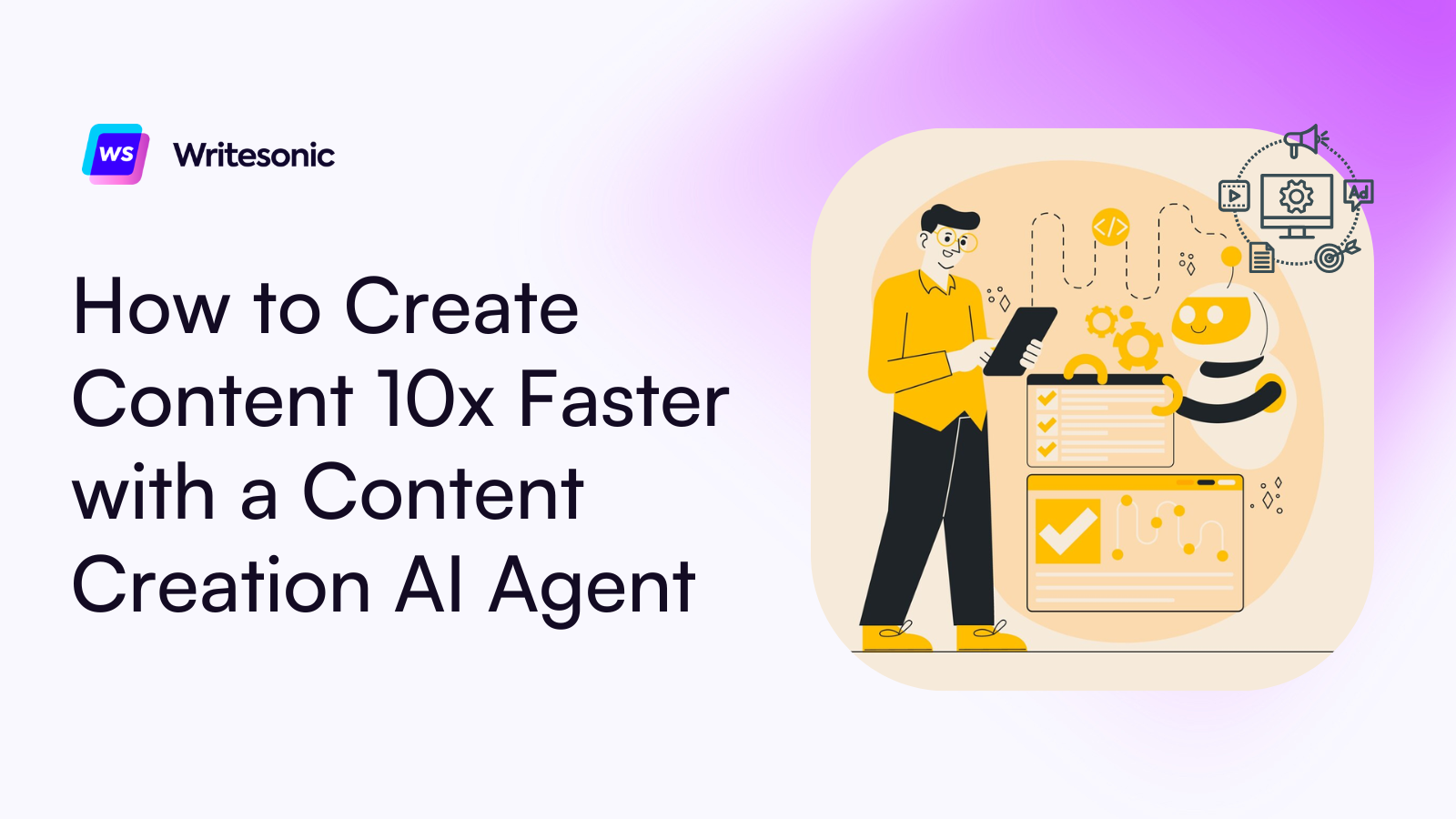

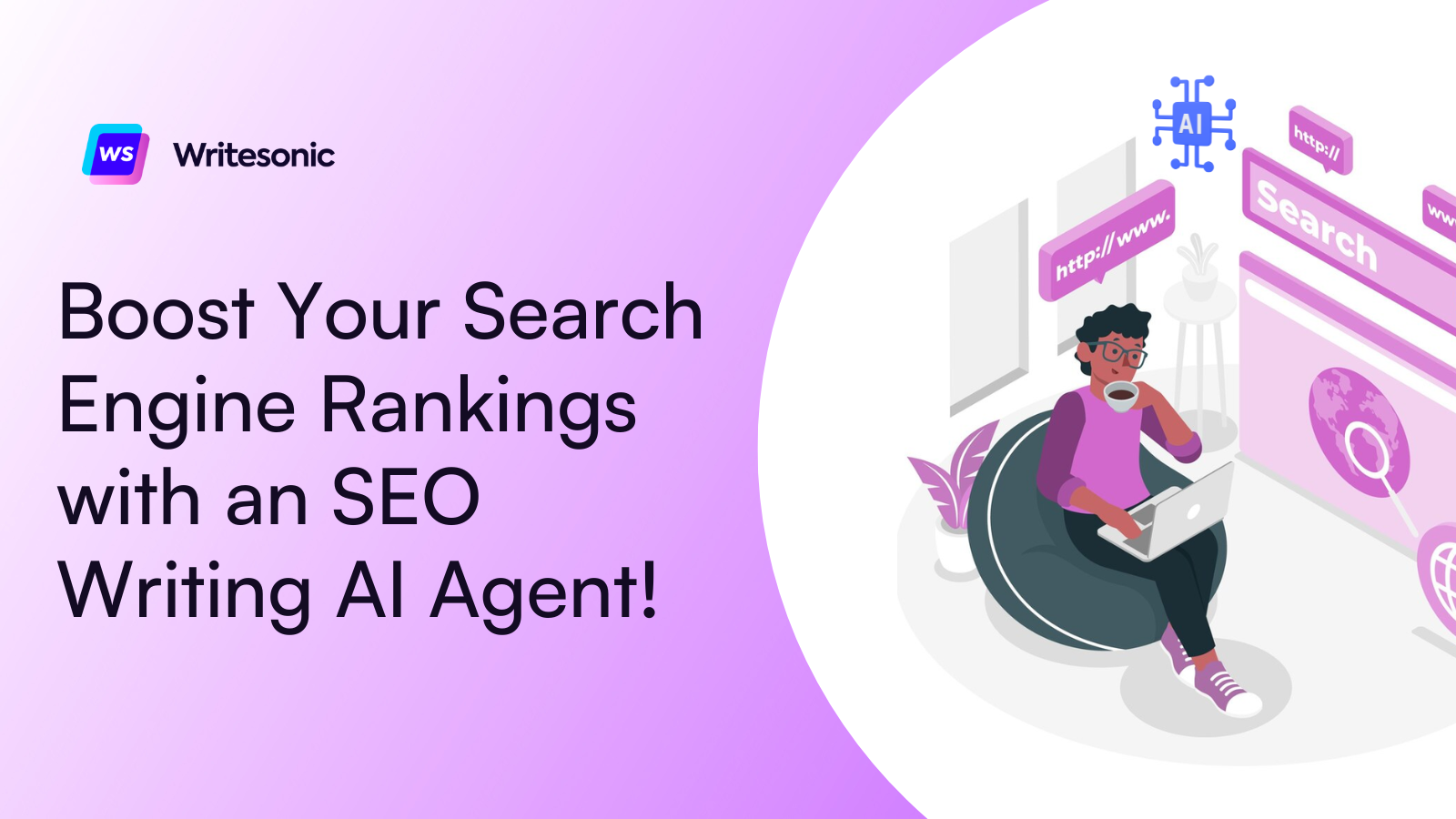

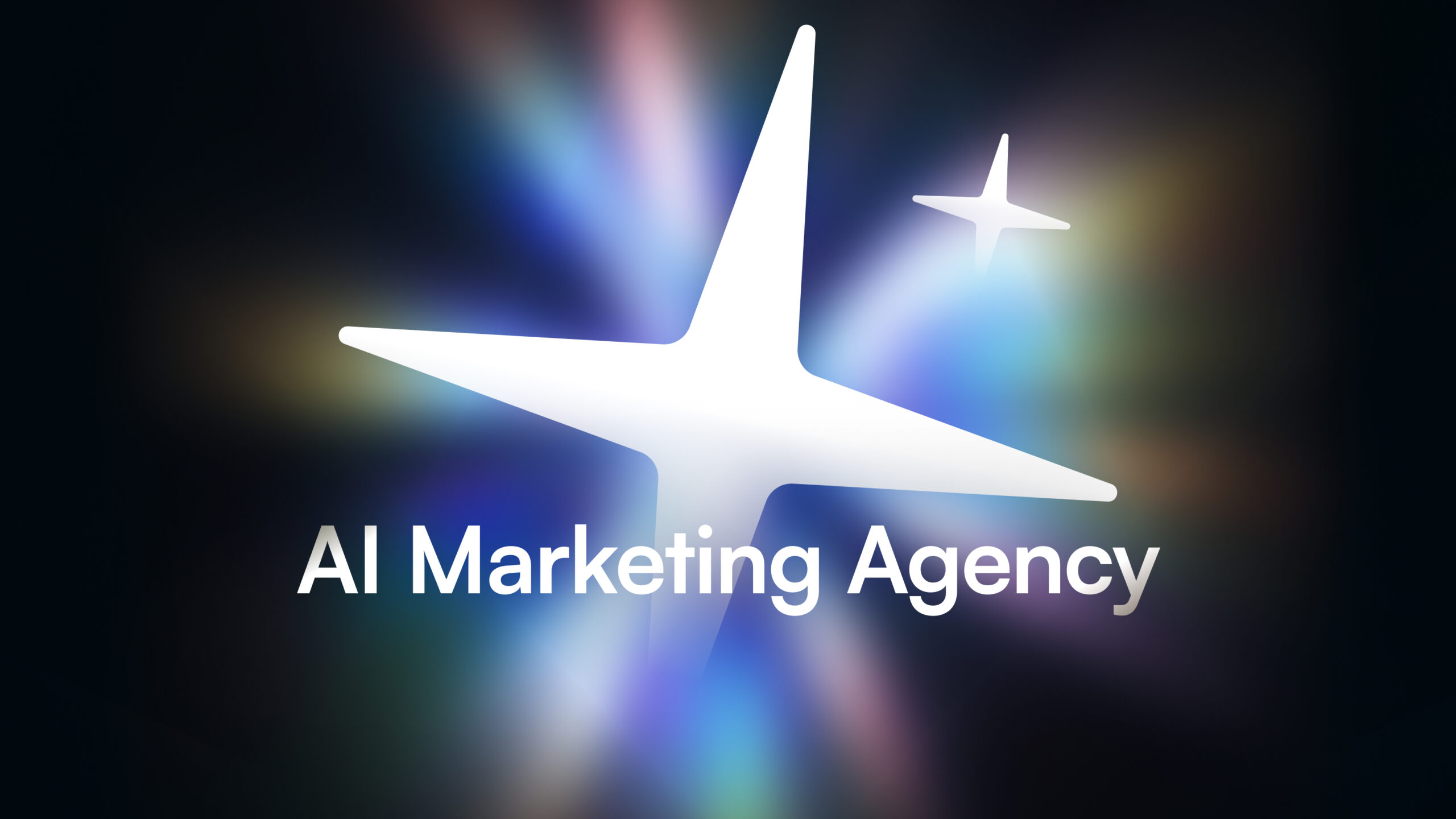
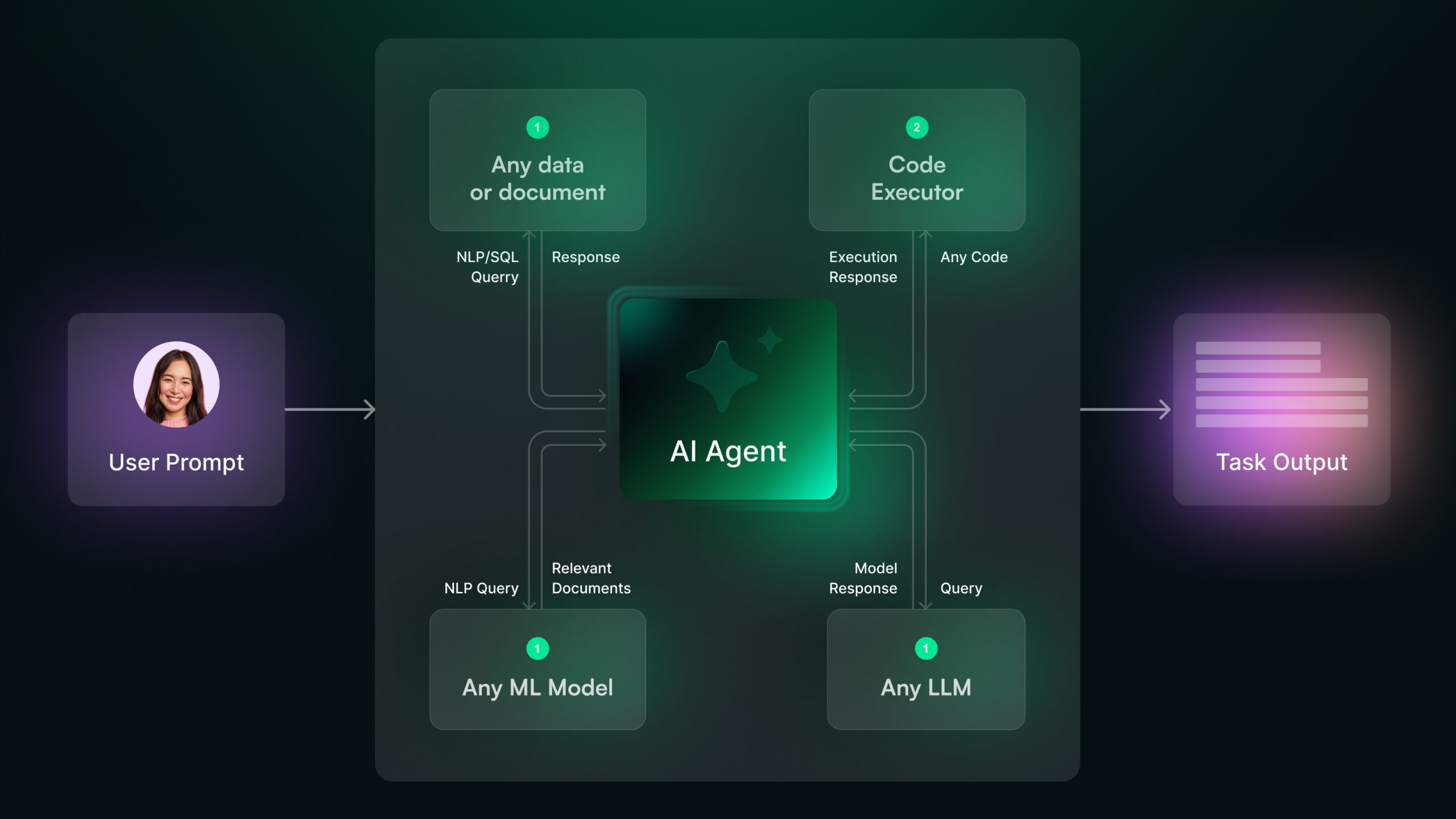
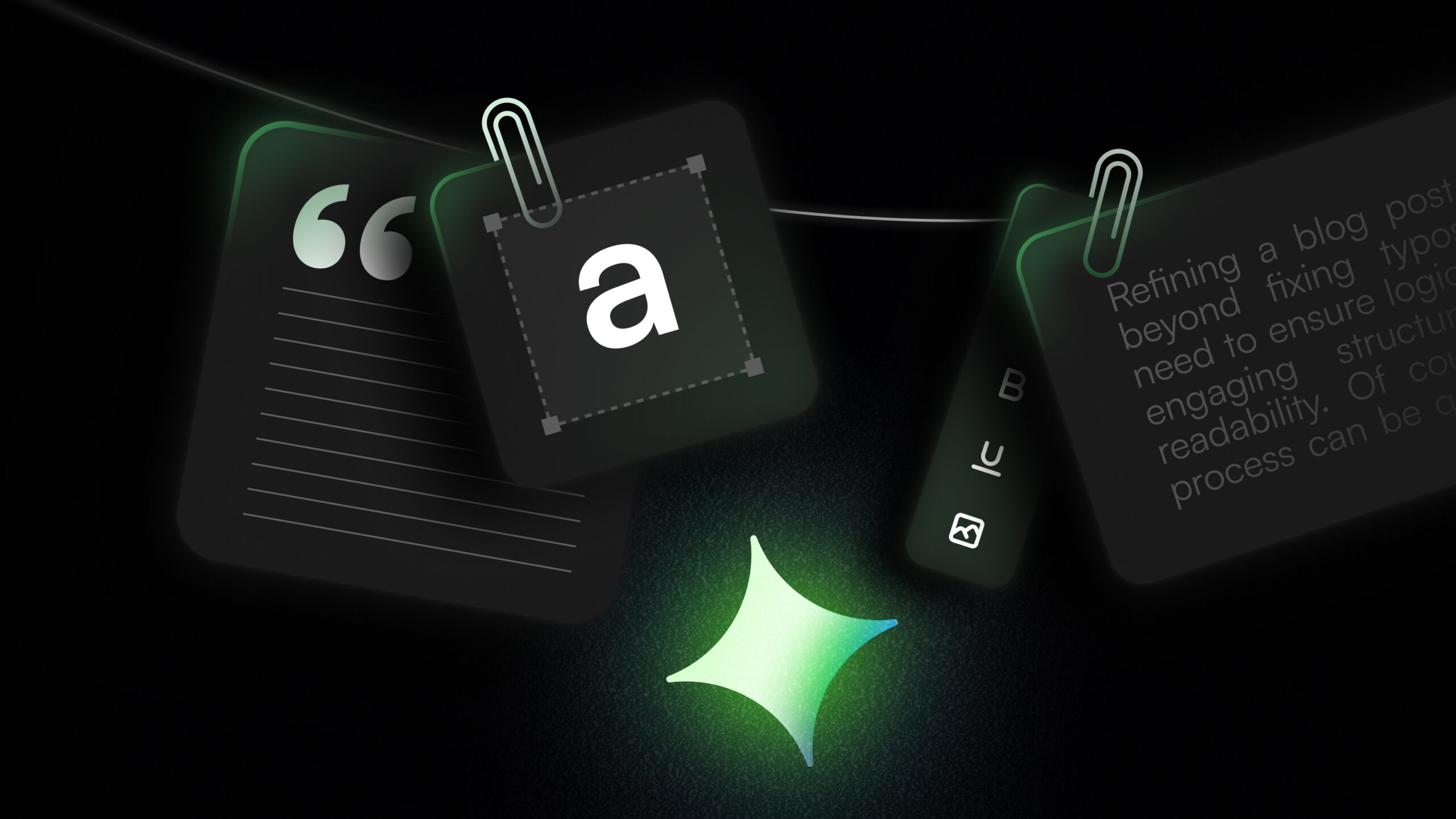
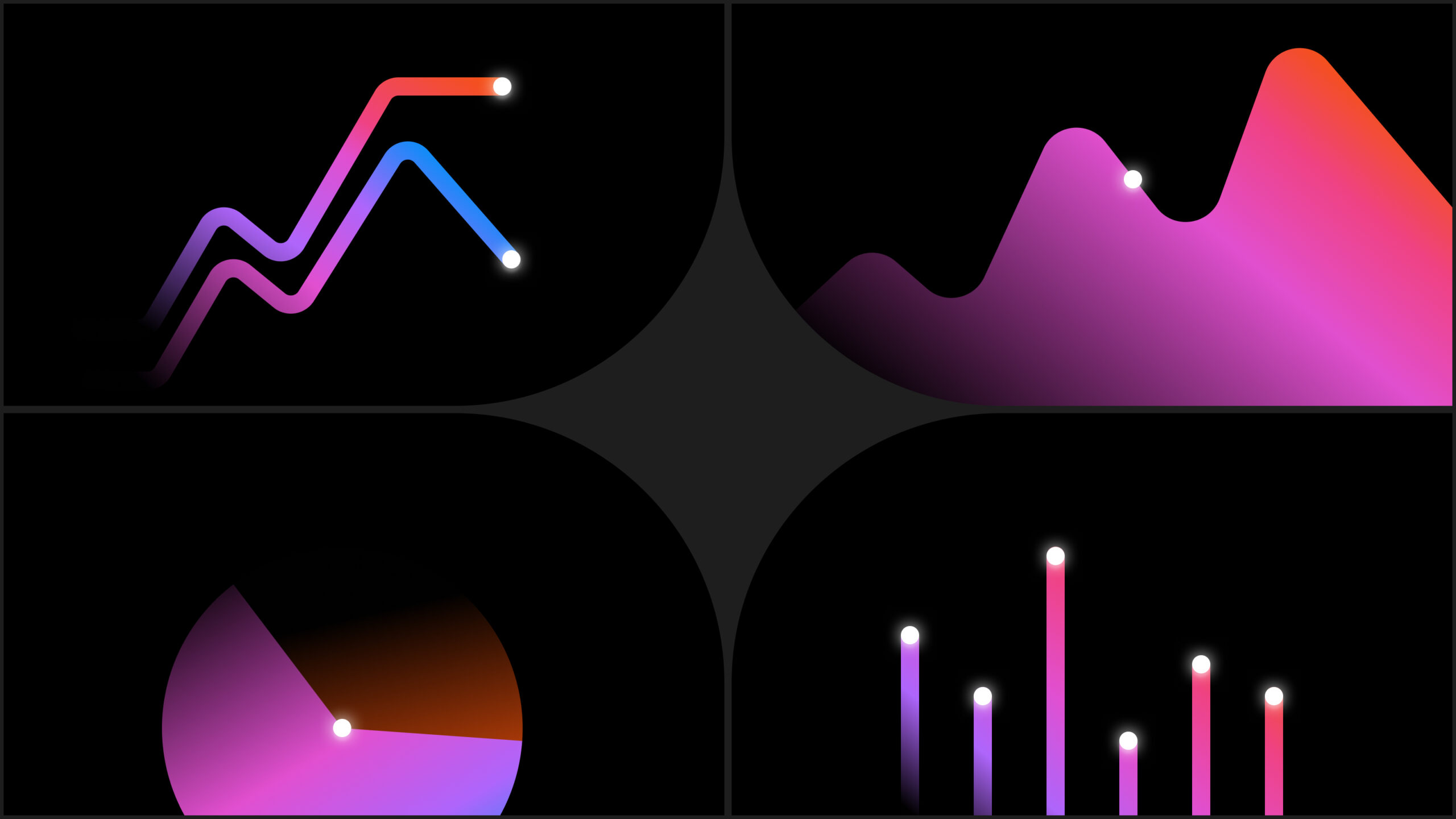

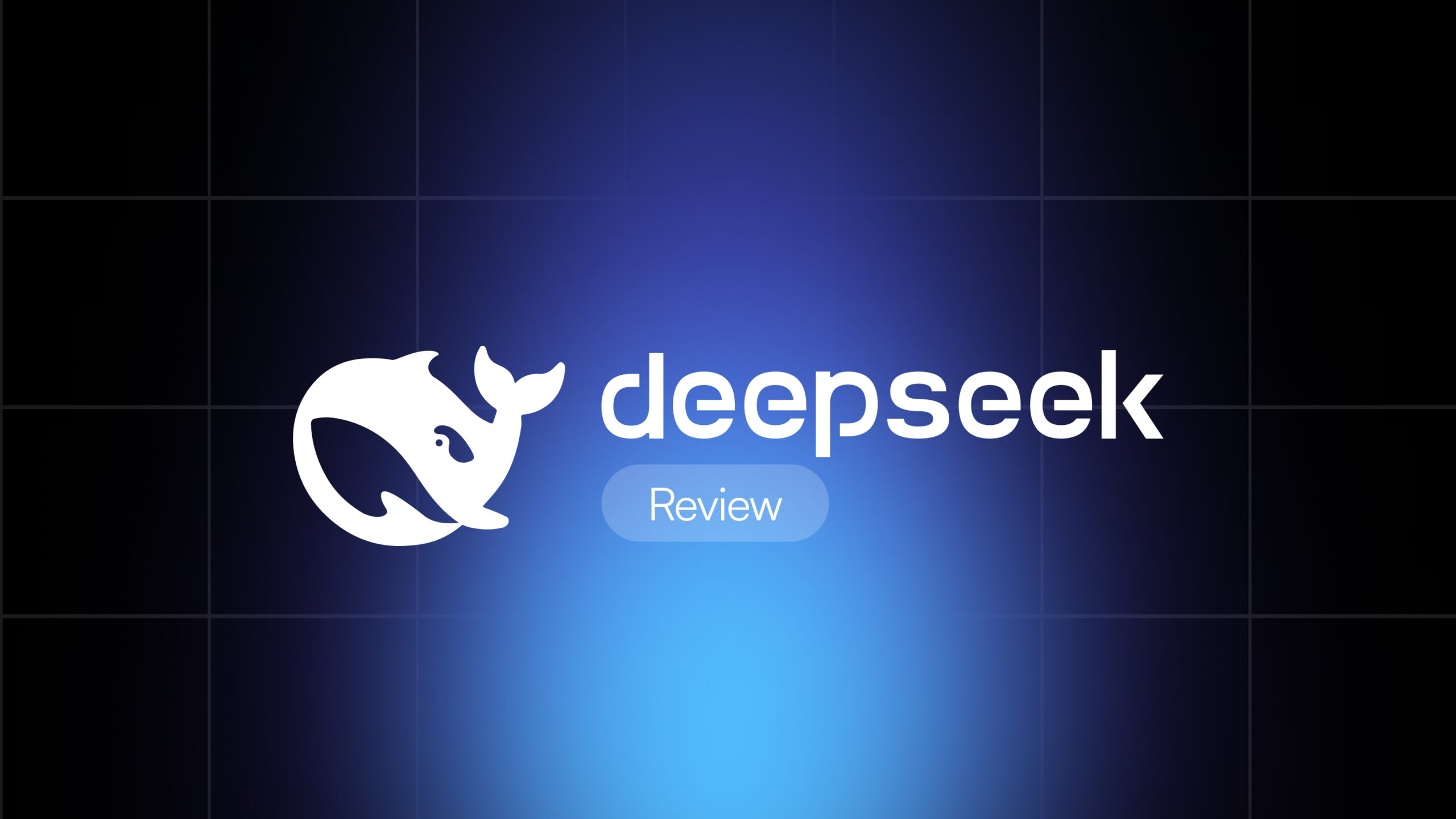

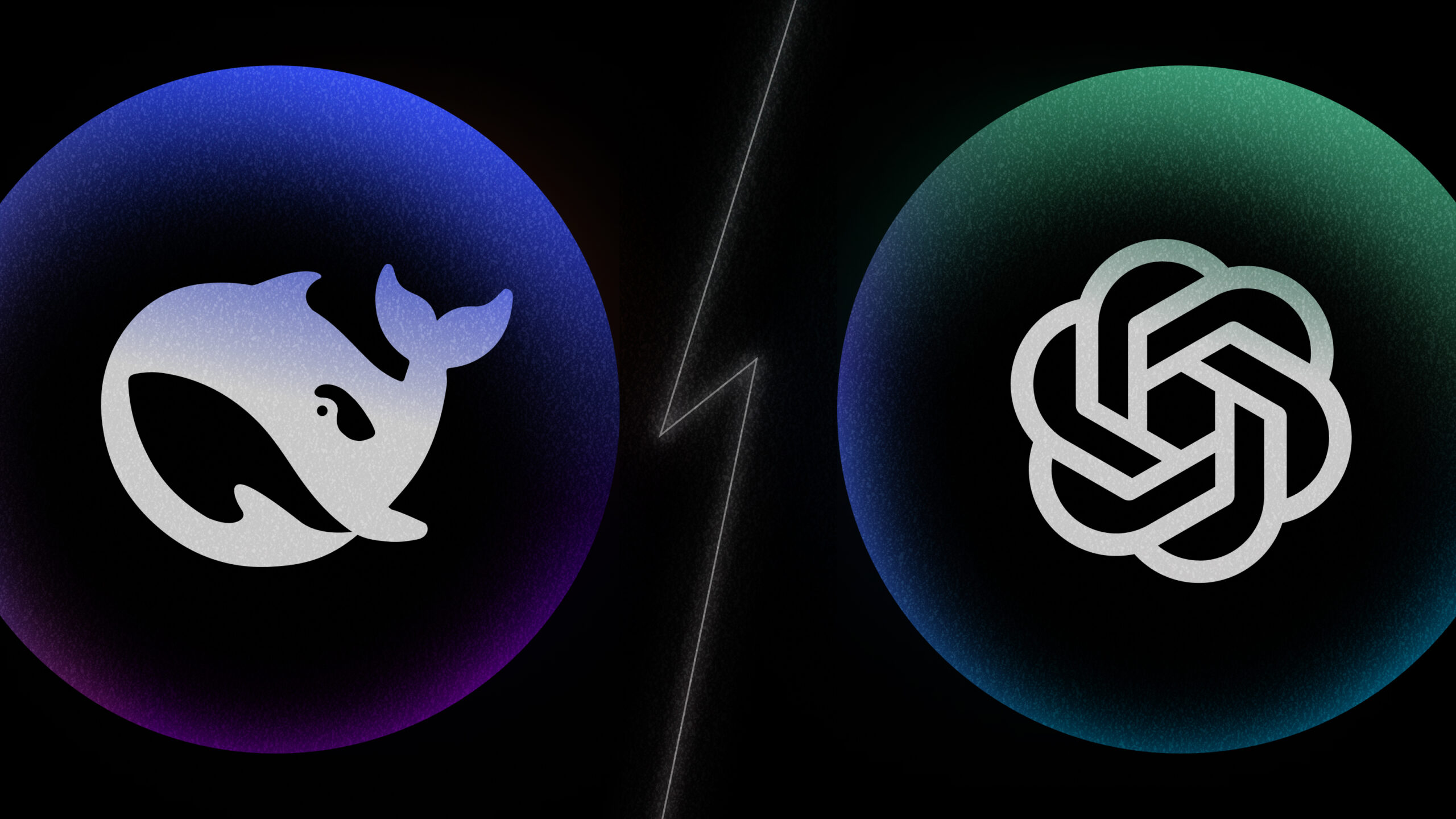
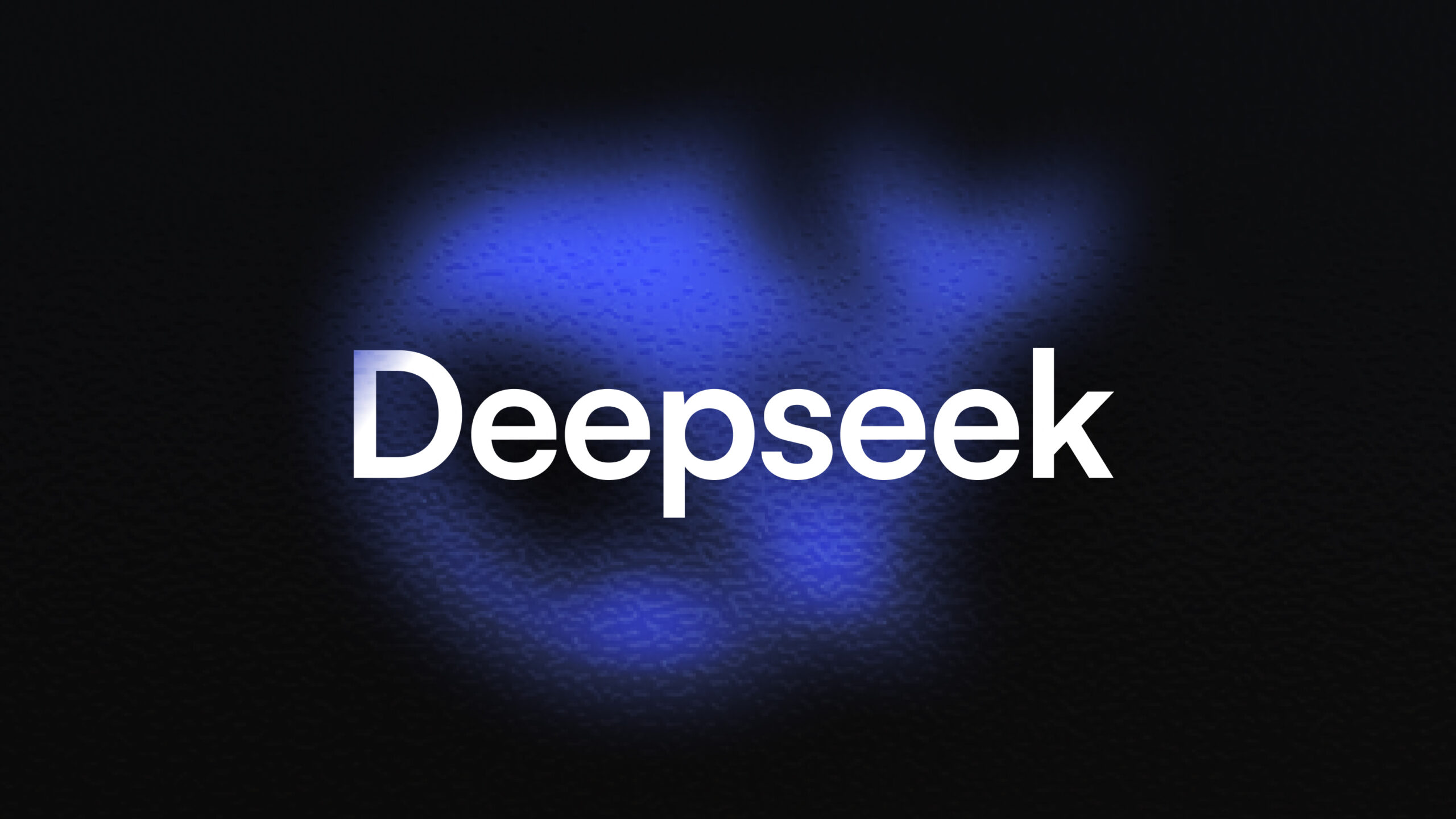
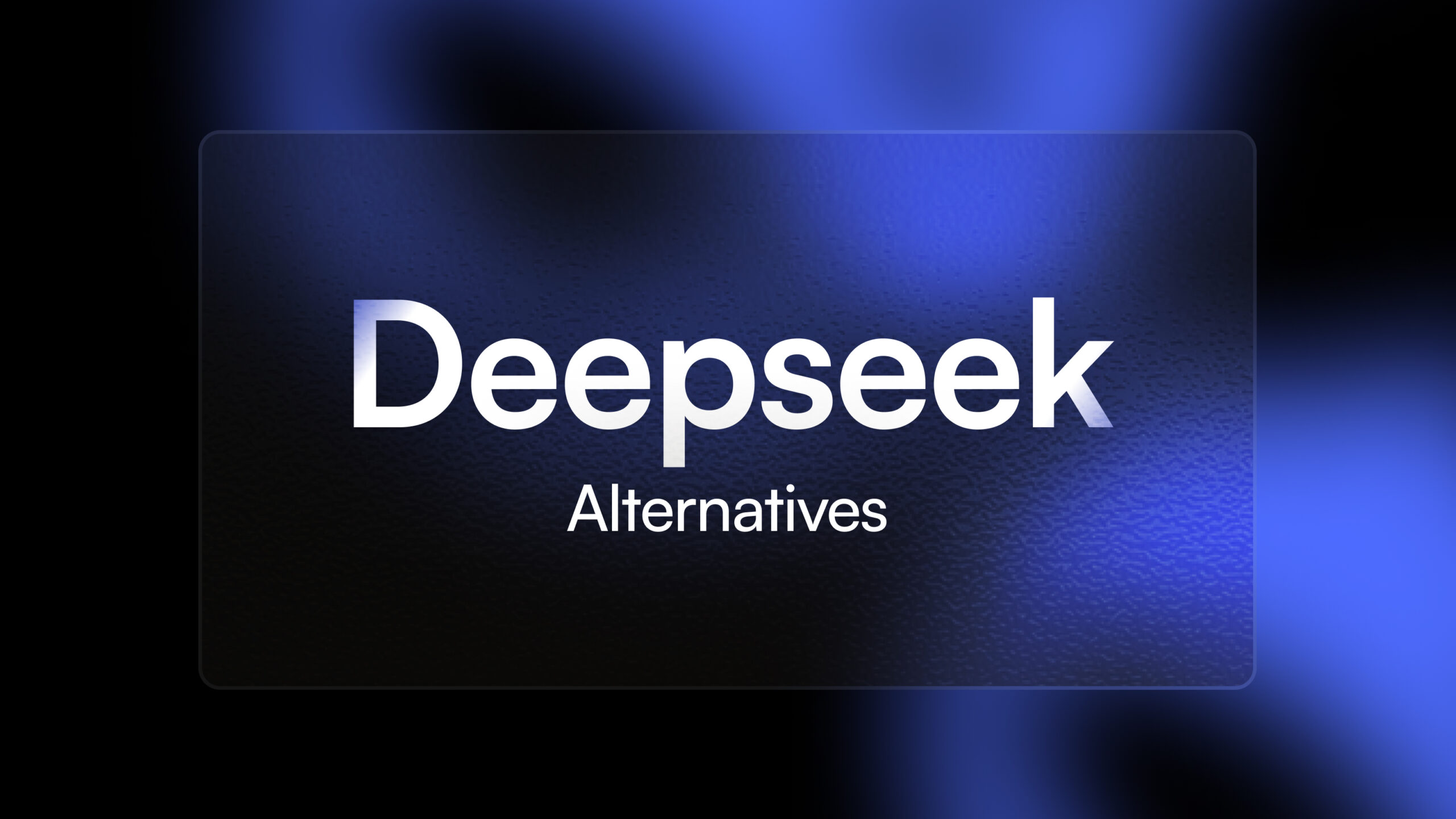
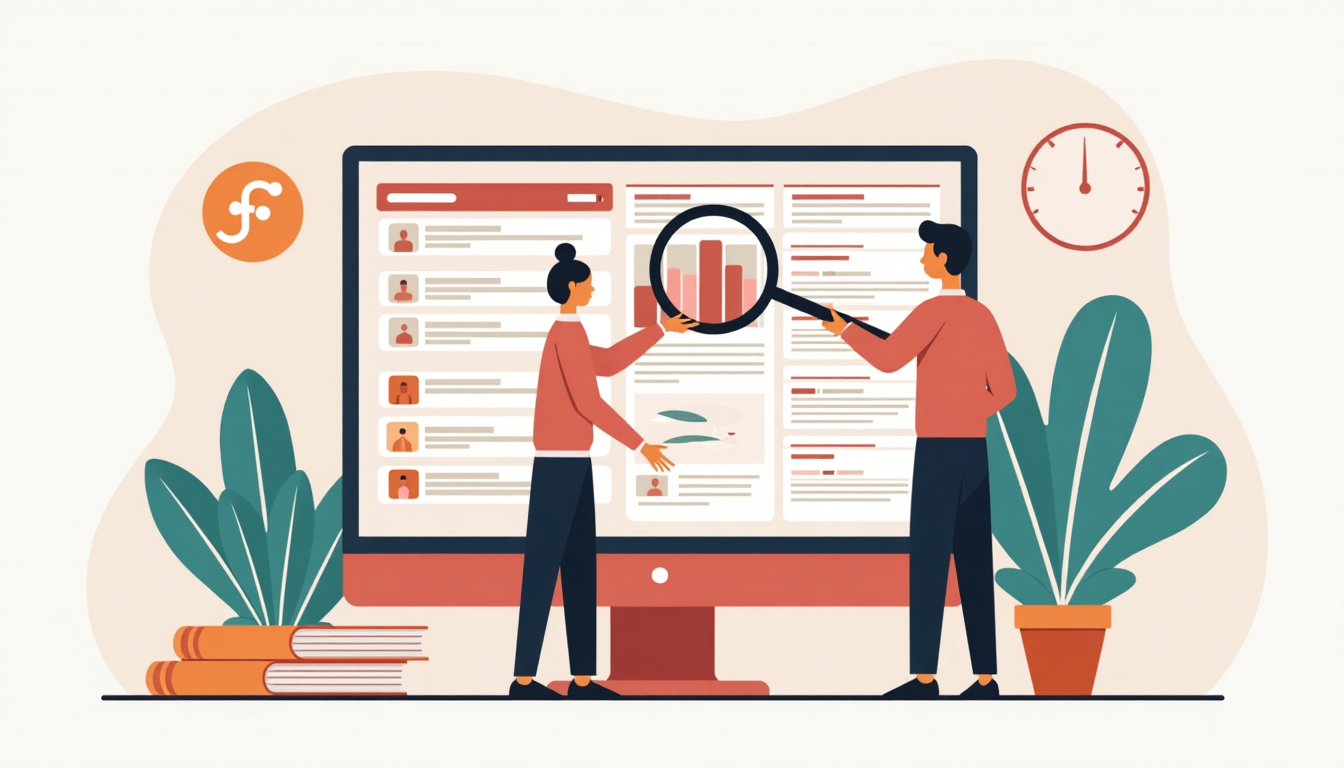

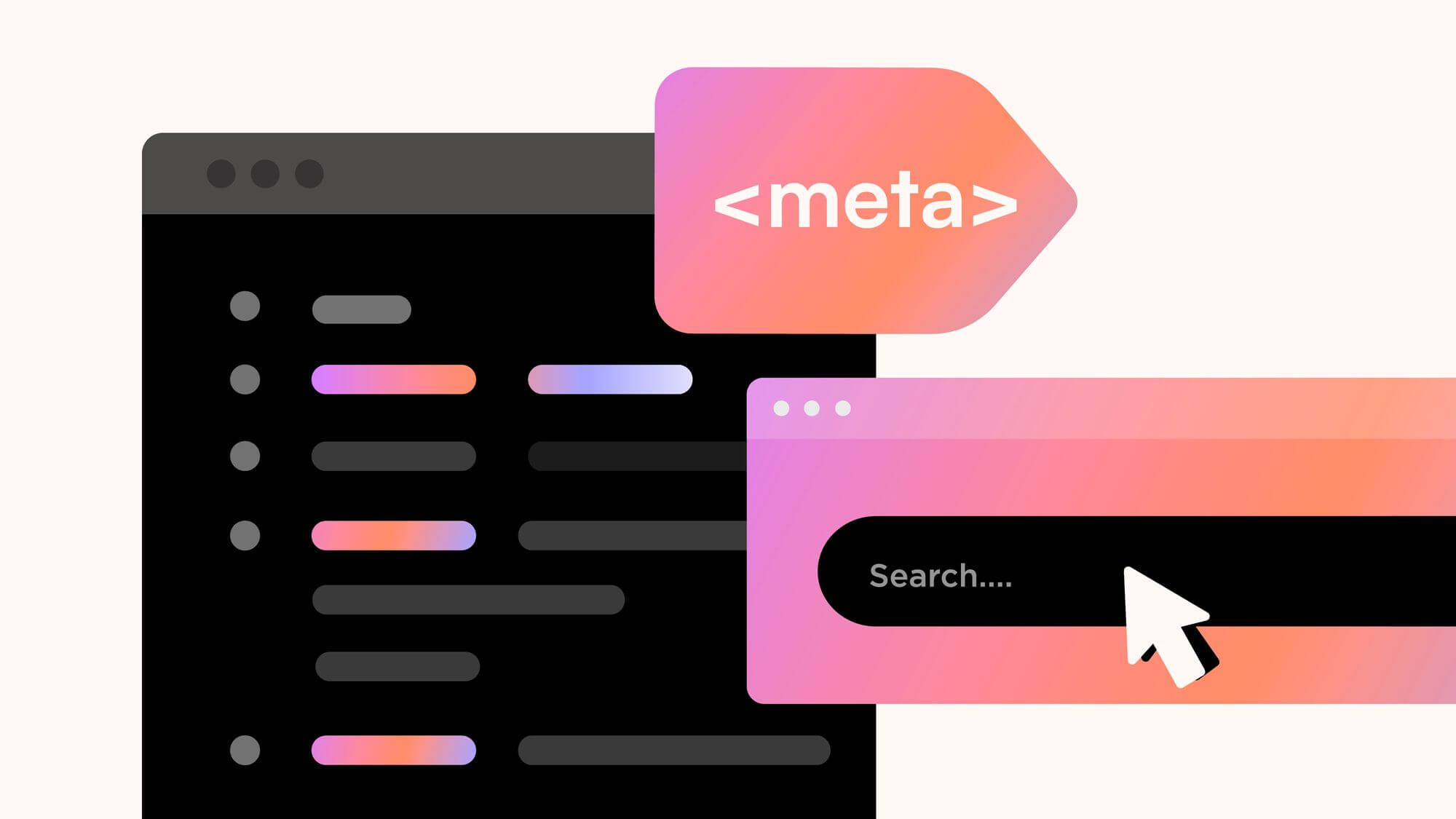
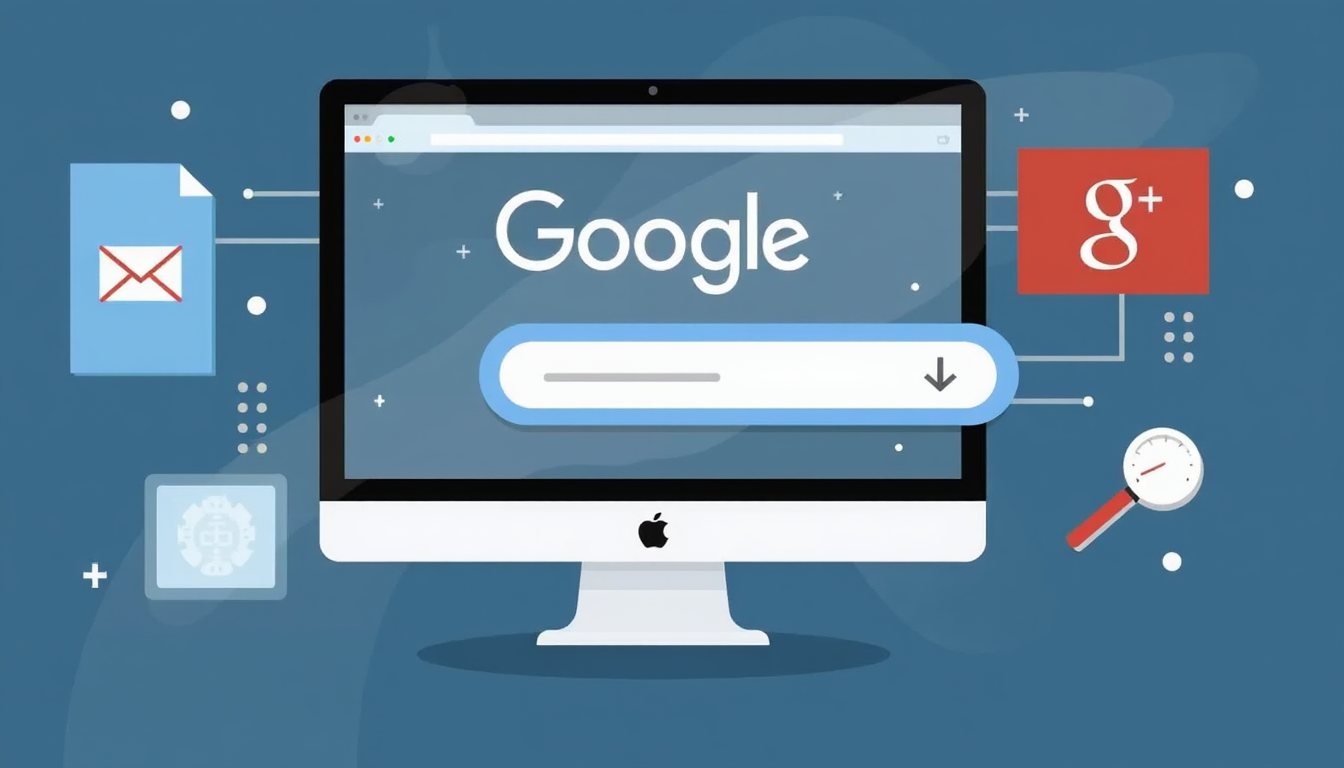
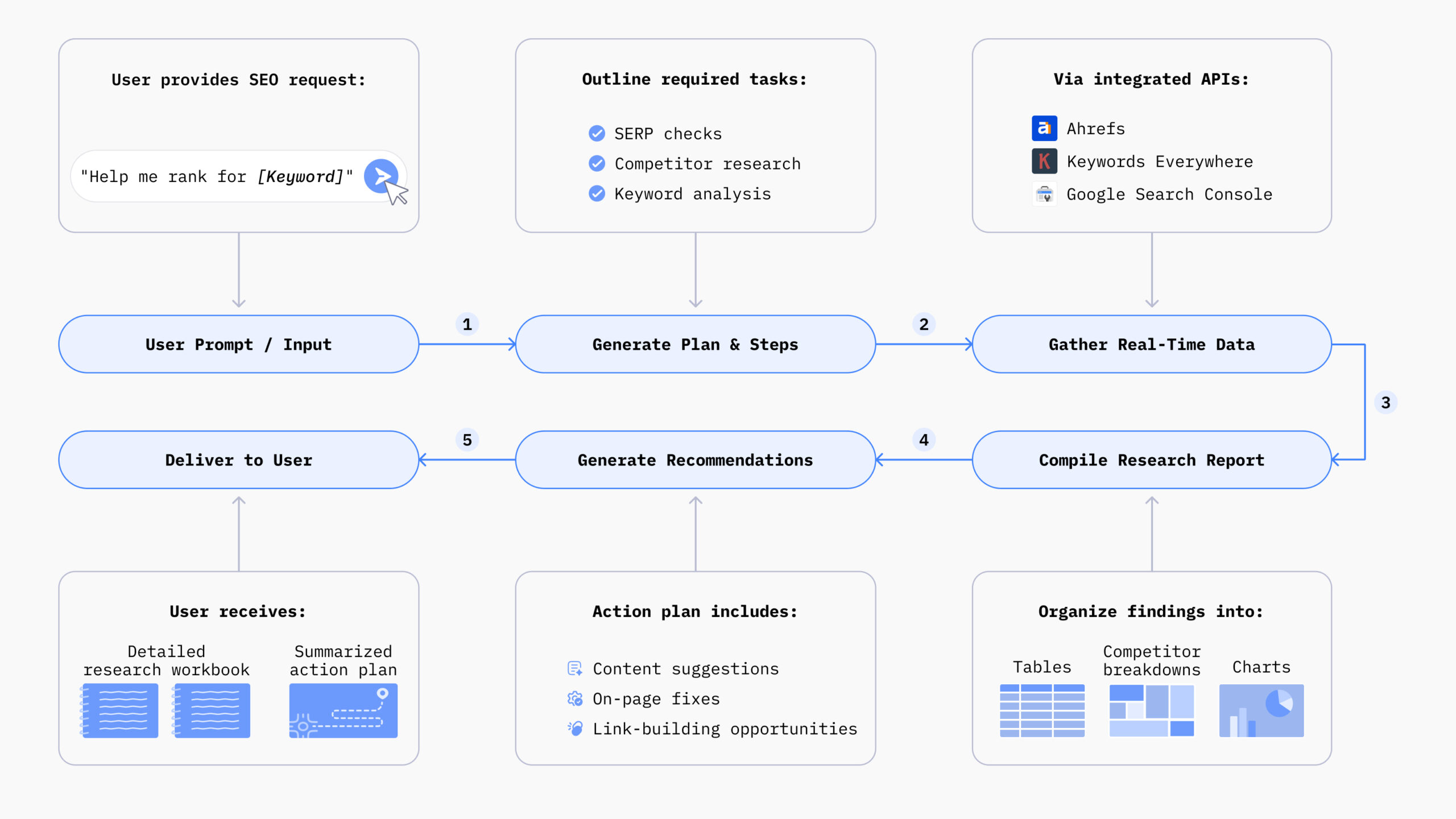
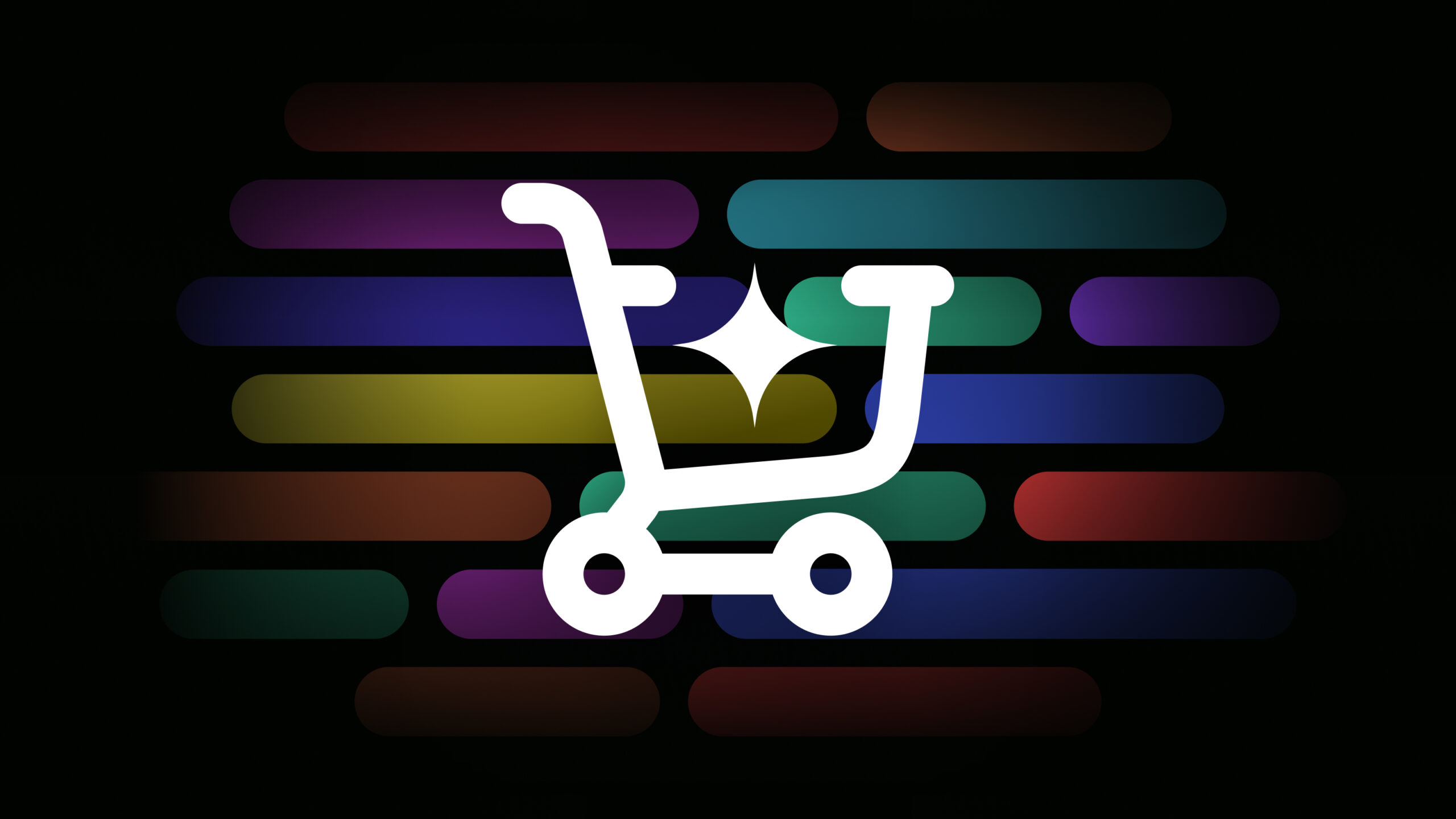

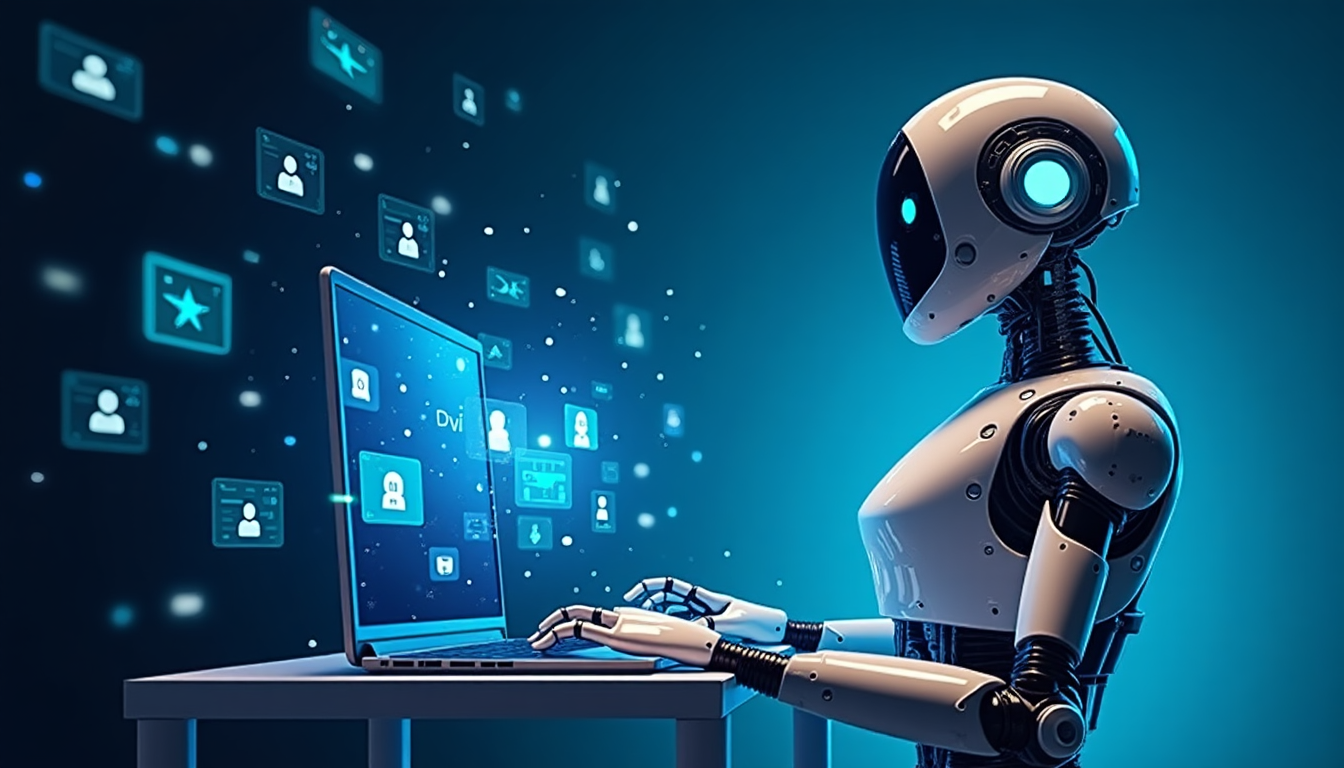
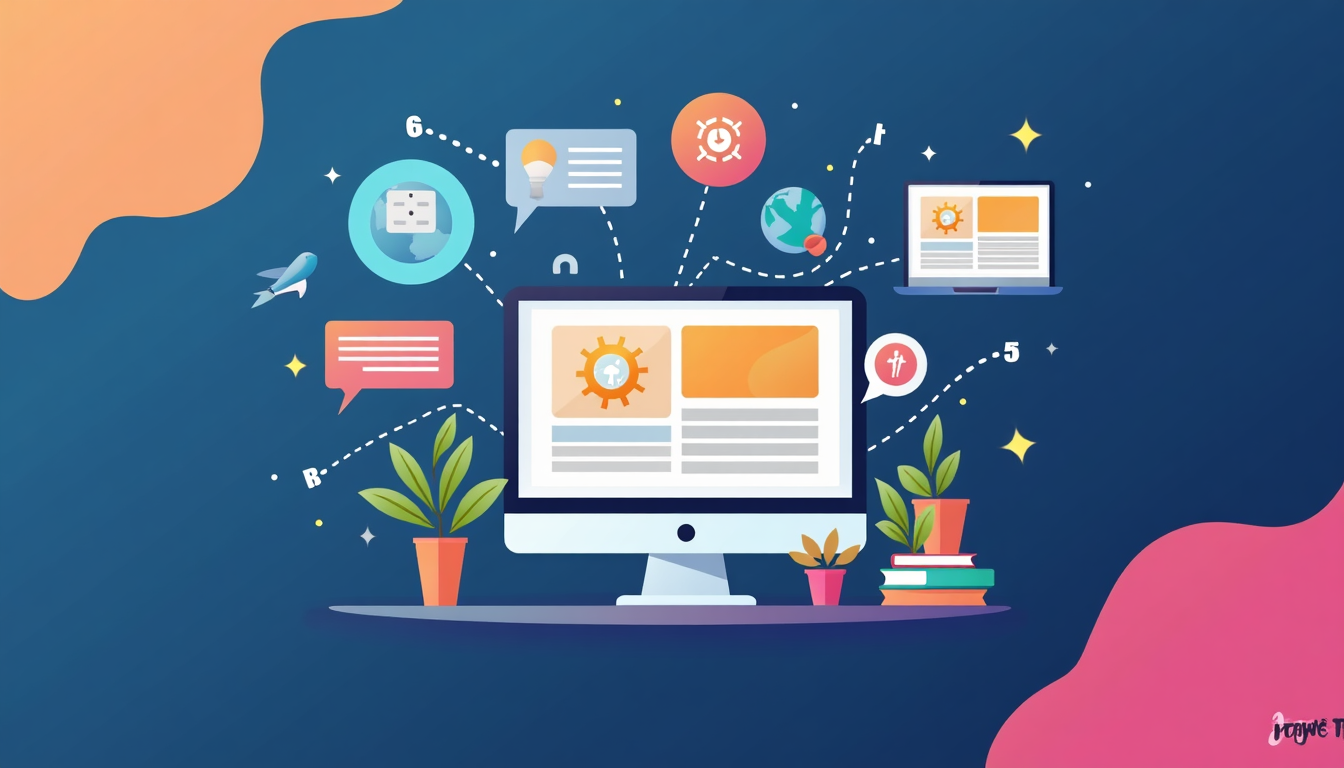


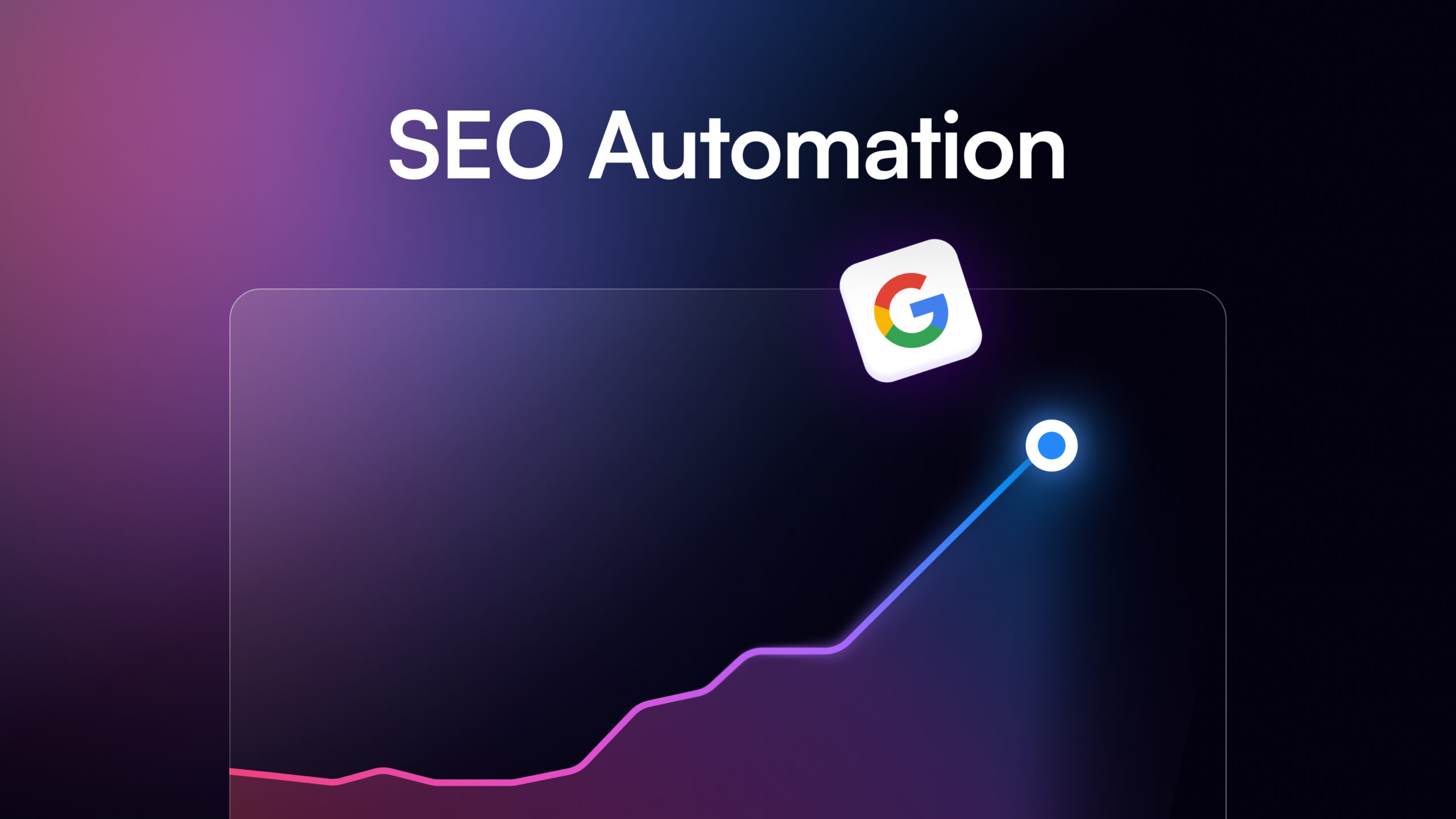

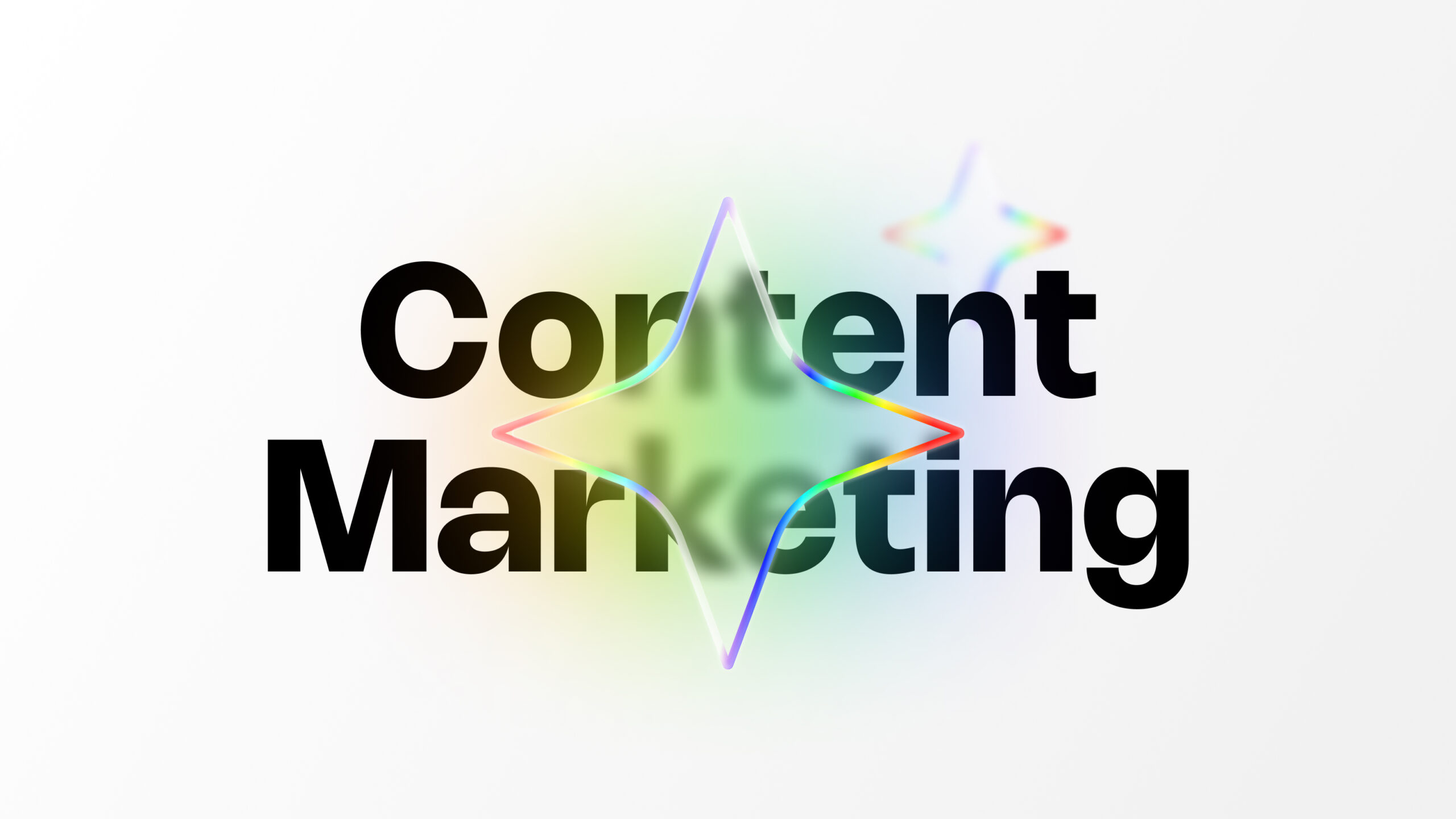

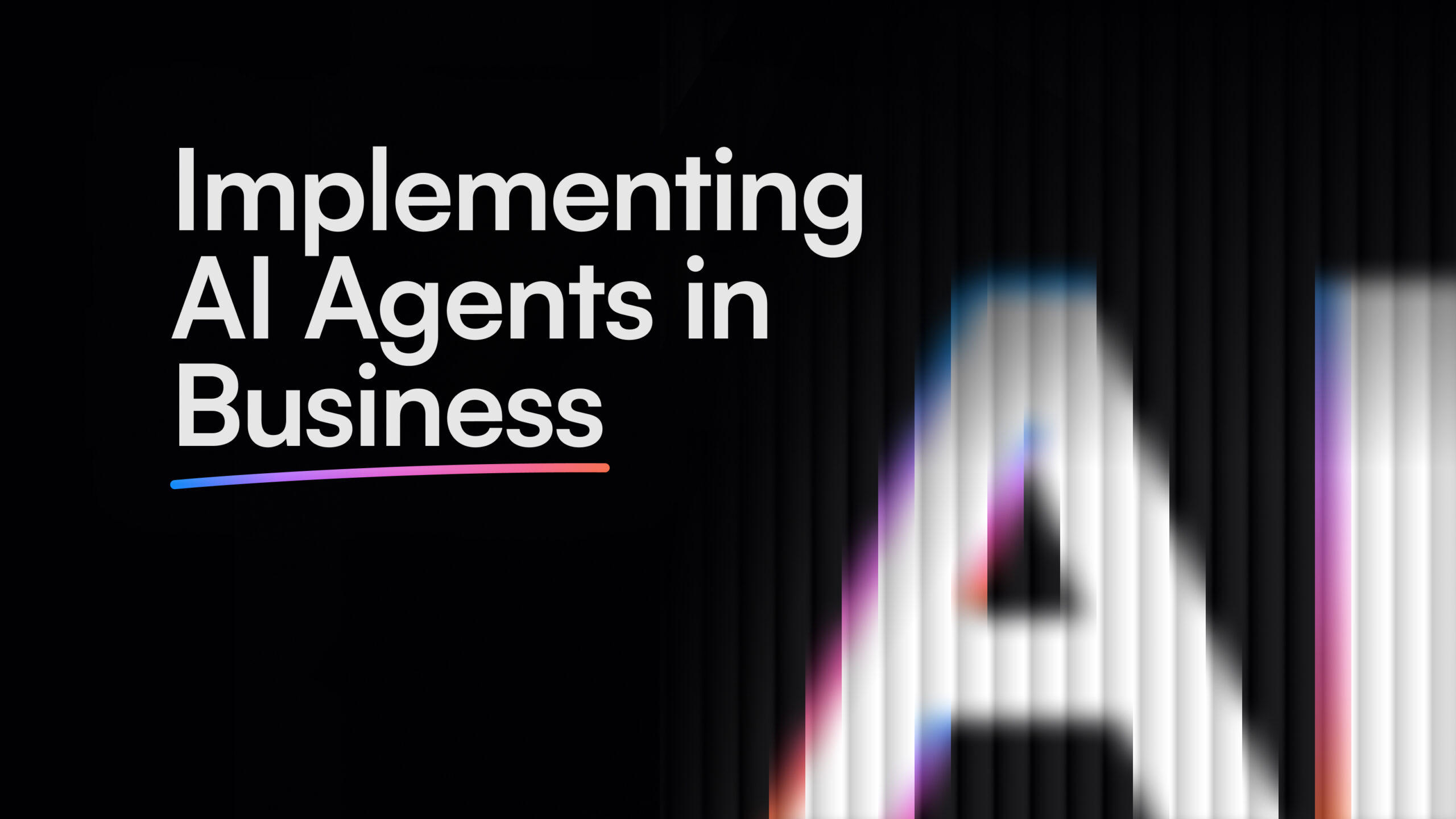
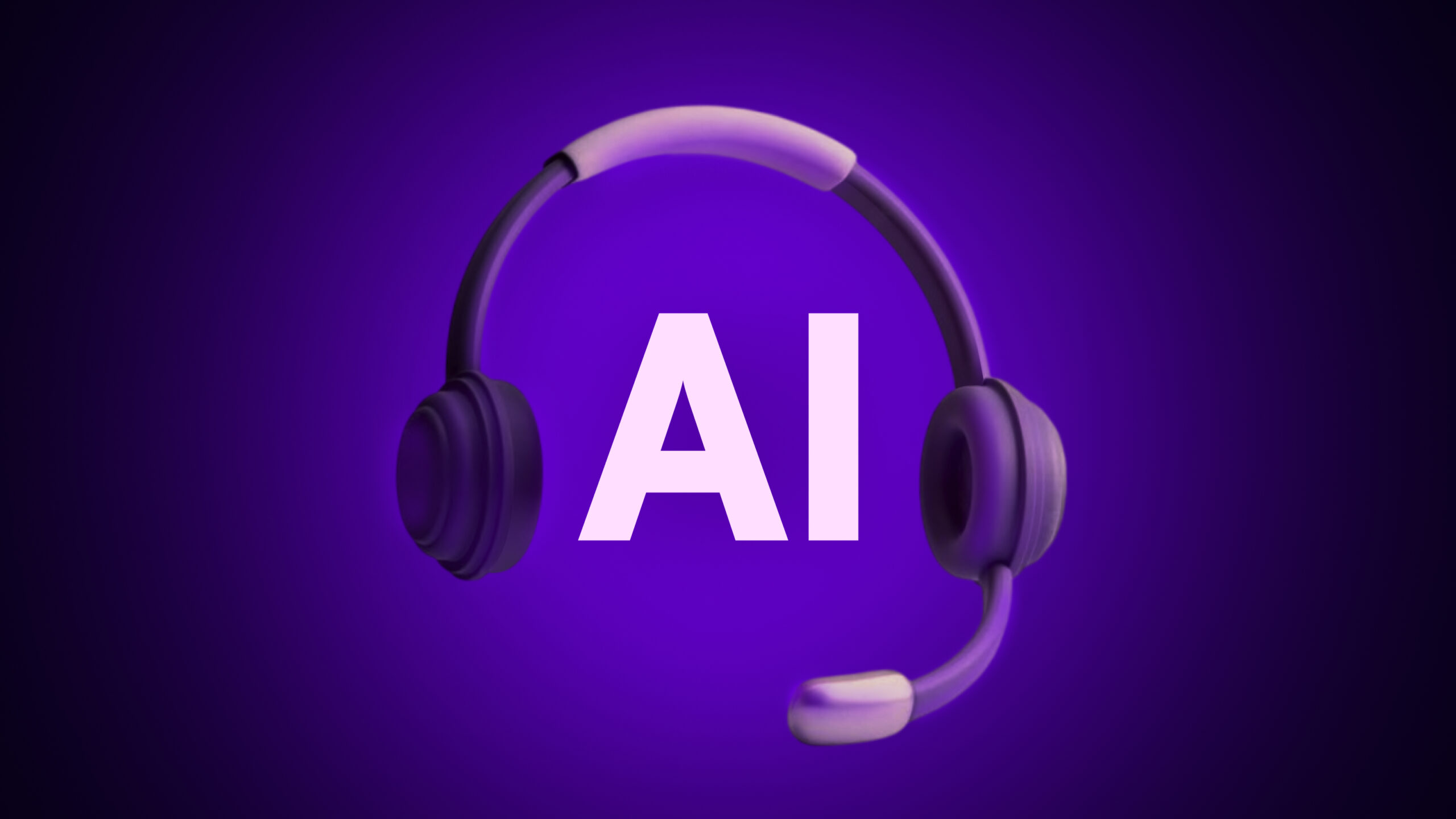
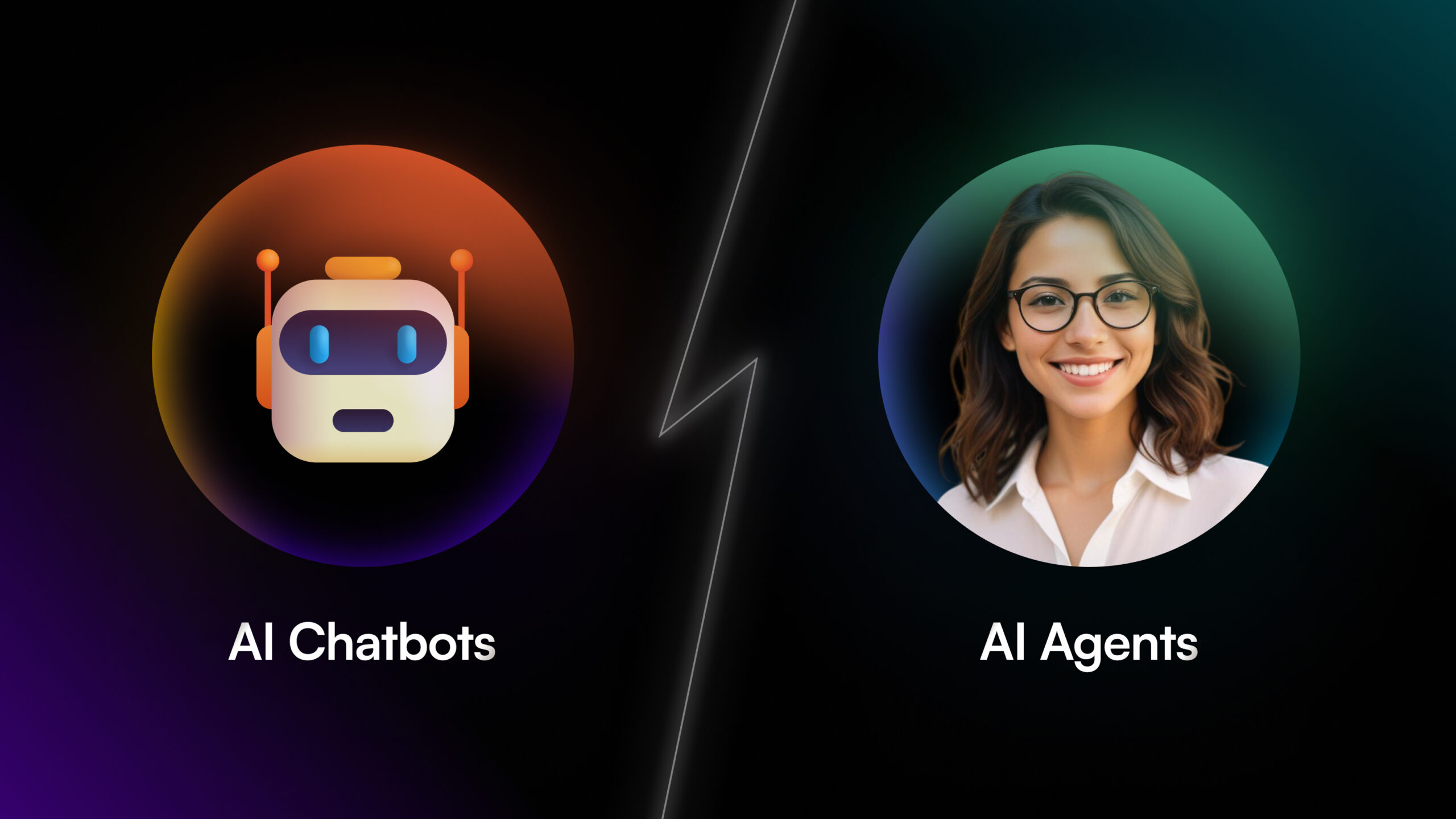

![How to Scale Your Business Using B2B AI Agents [+ Tools to Try]](/wp-content/uploads/B2B-AI-Agents-scaled.jpg)
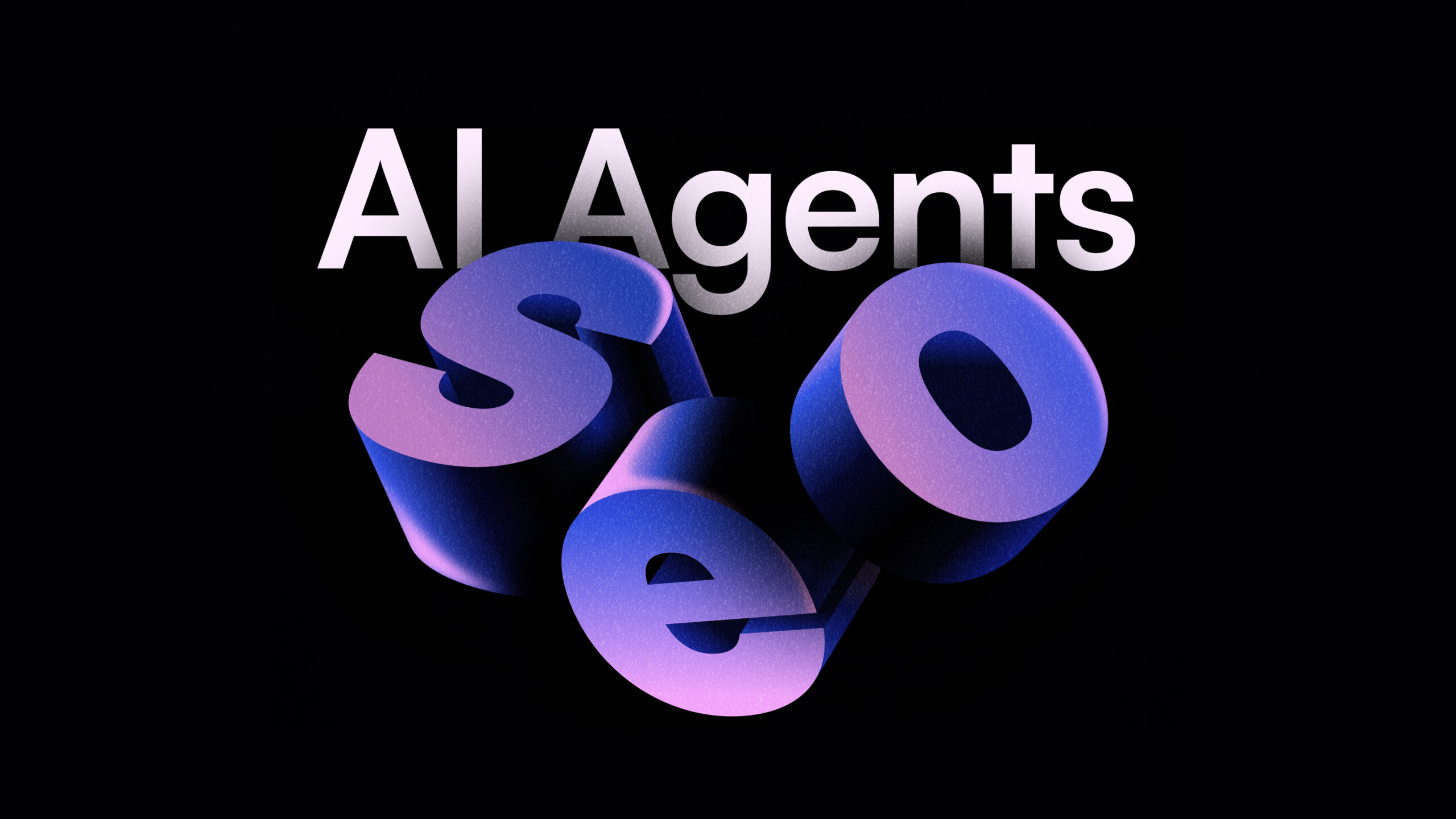
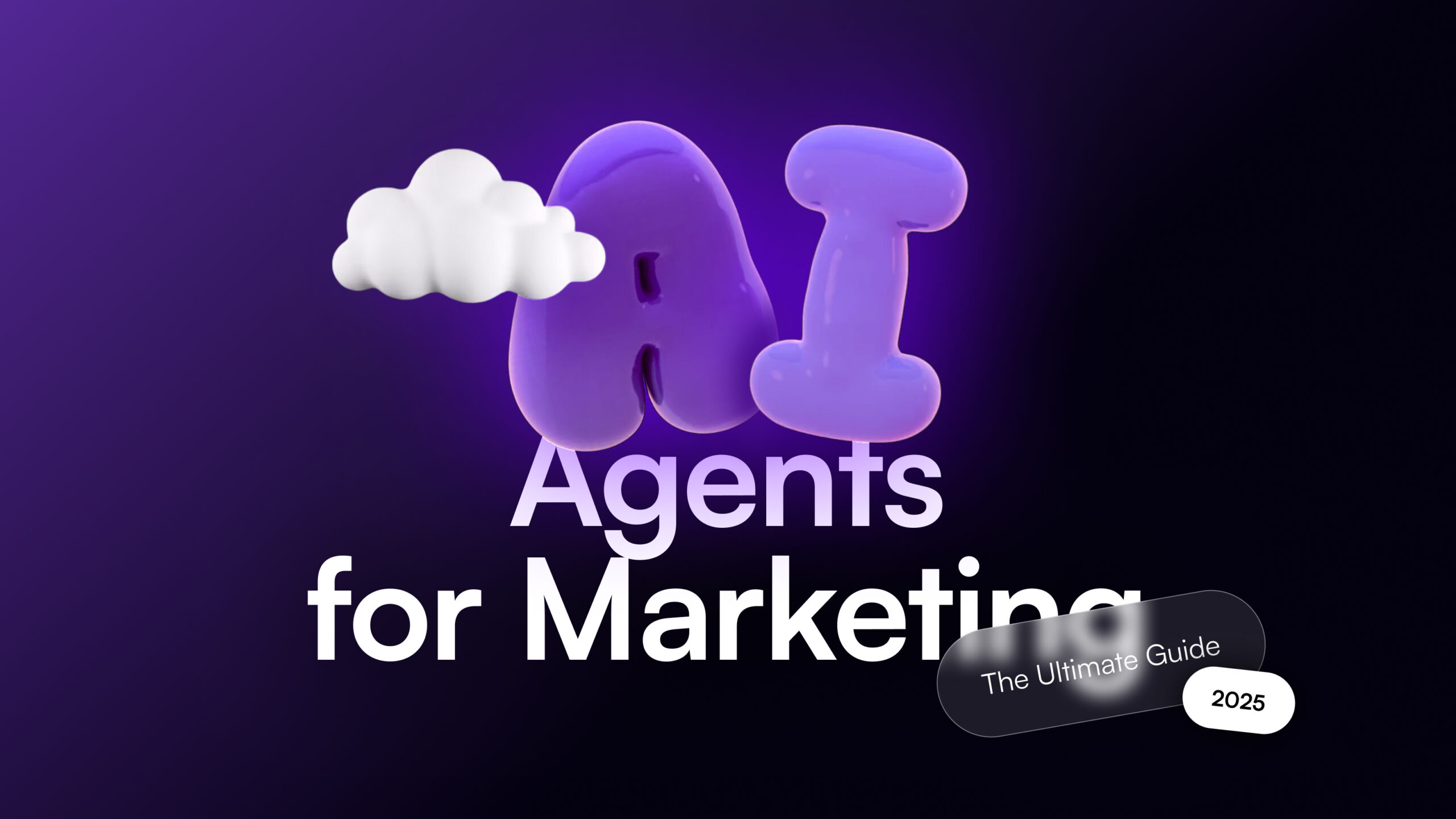
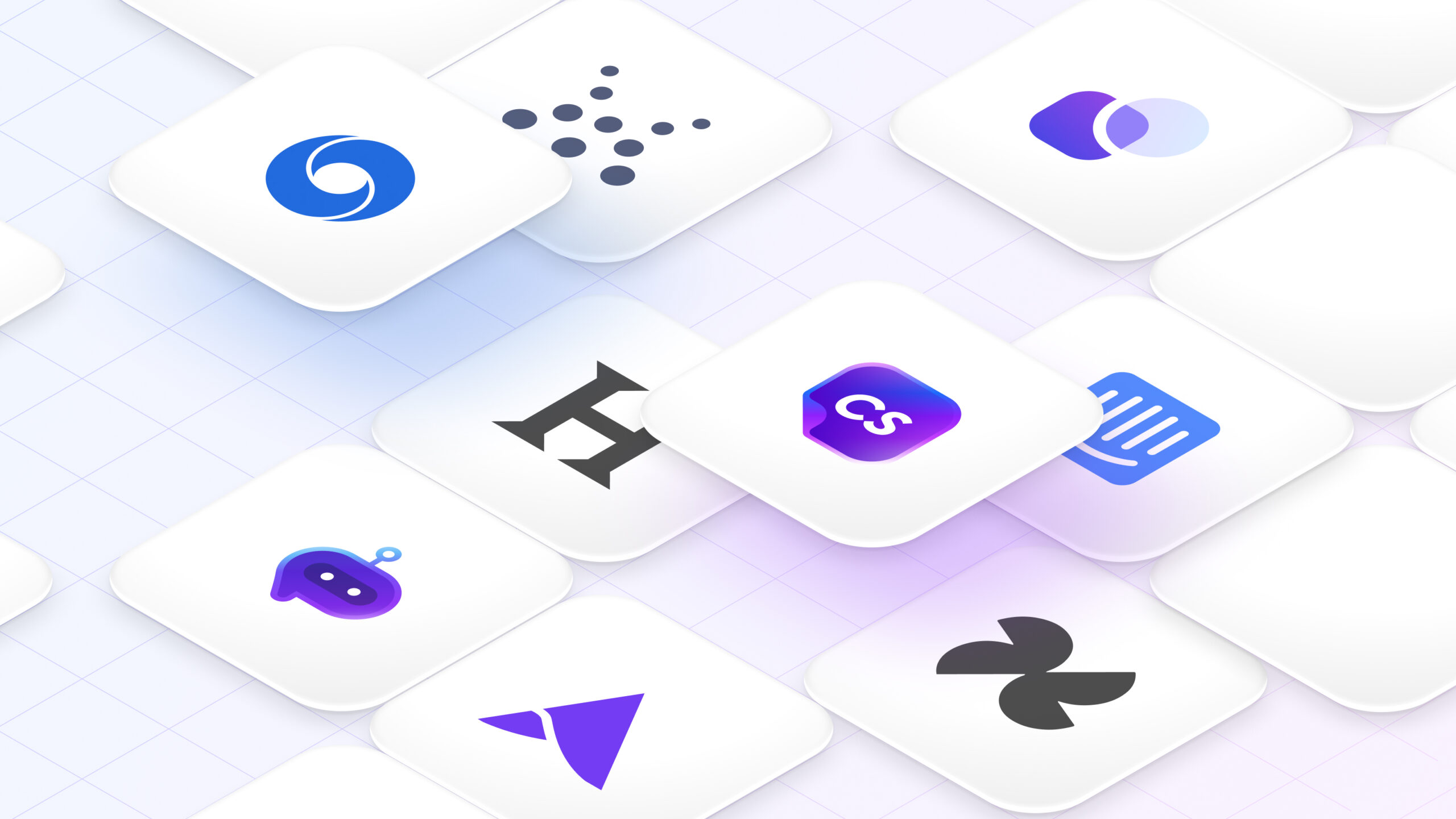
![40 AI Agent Use Cases Across Industries [+Real World Examples]](/wp-content/uploads/AI-Agent-Use-Cases-1-scaled.jpg)
